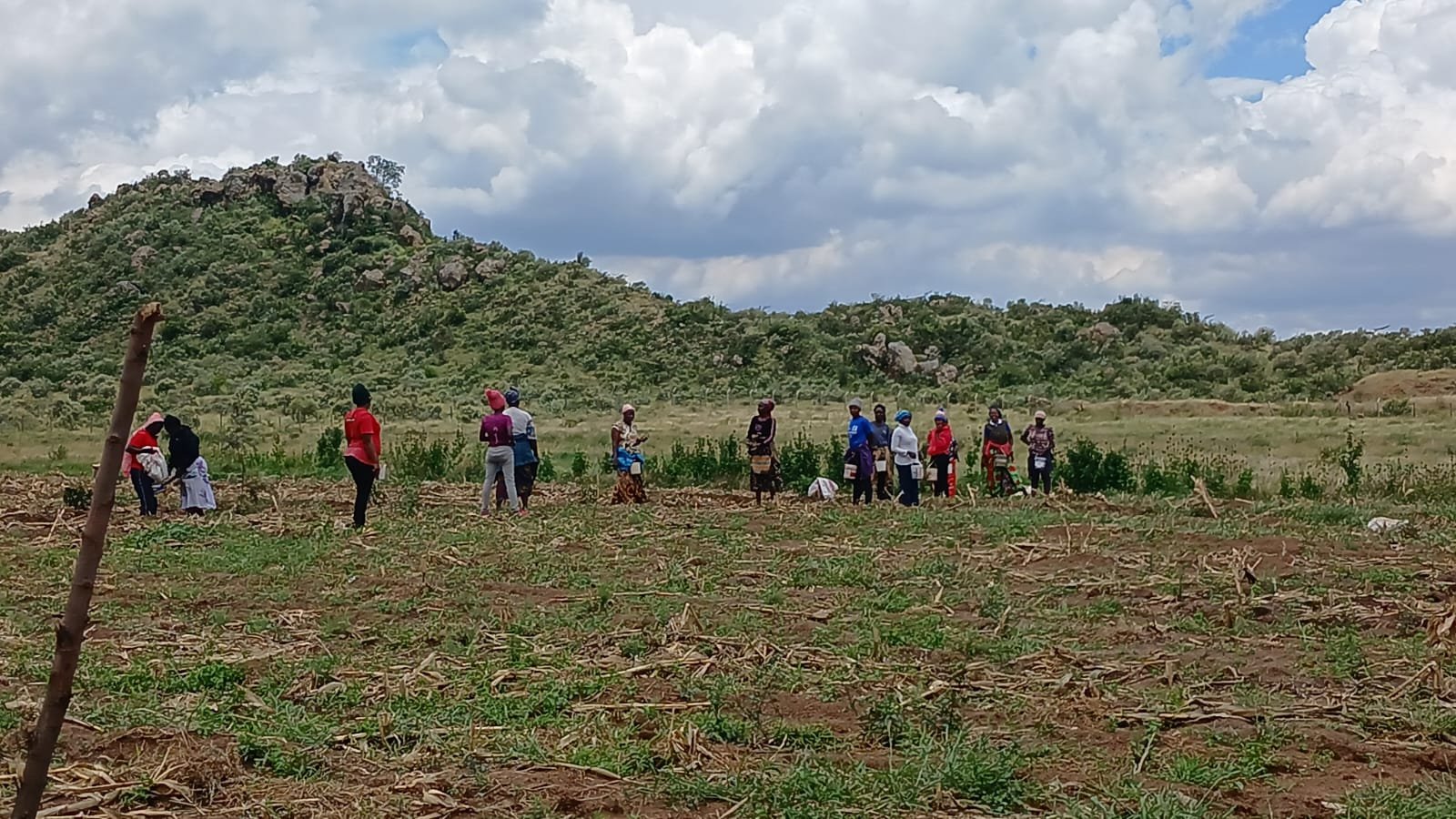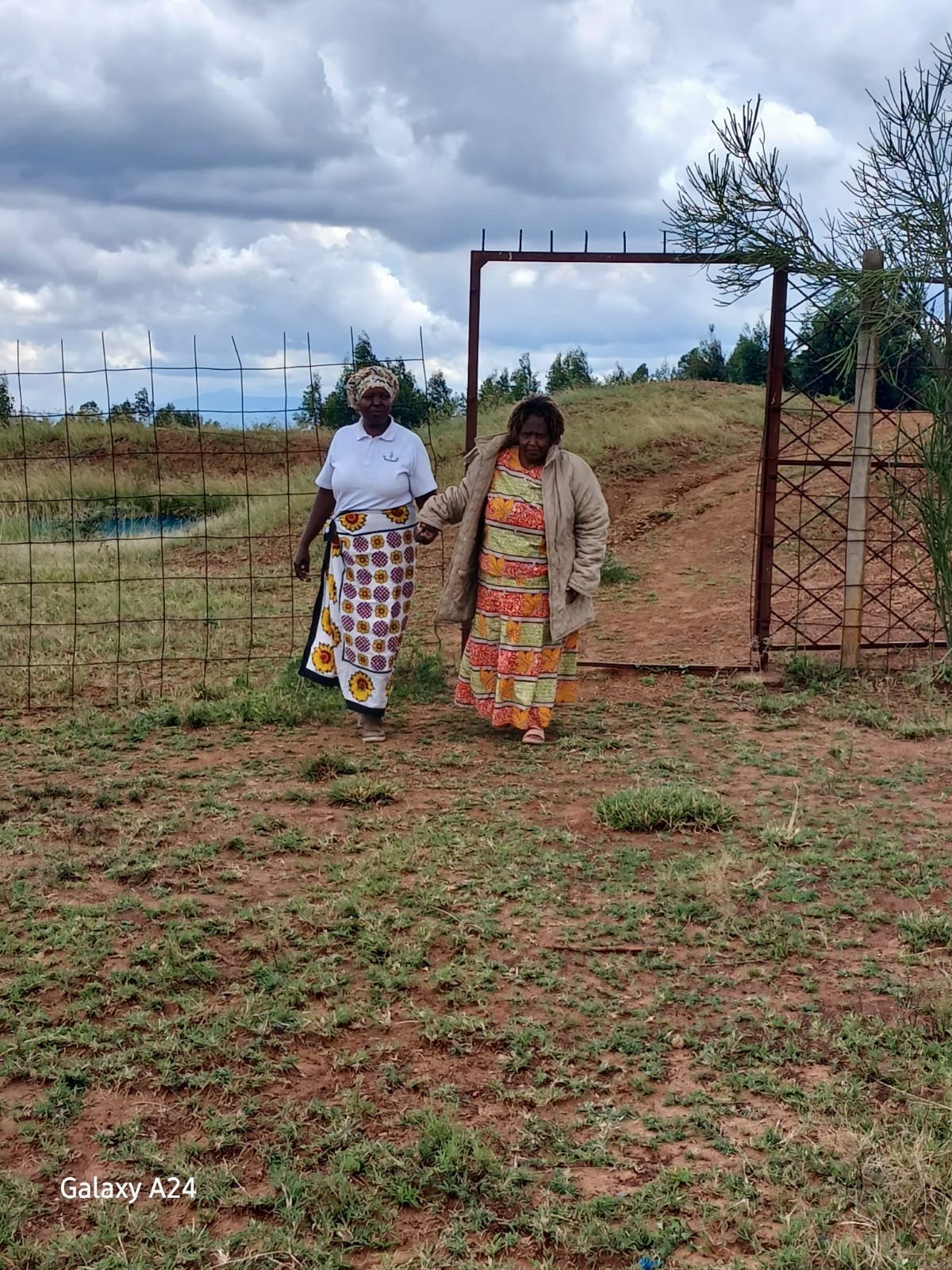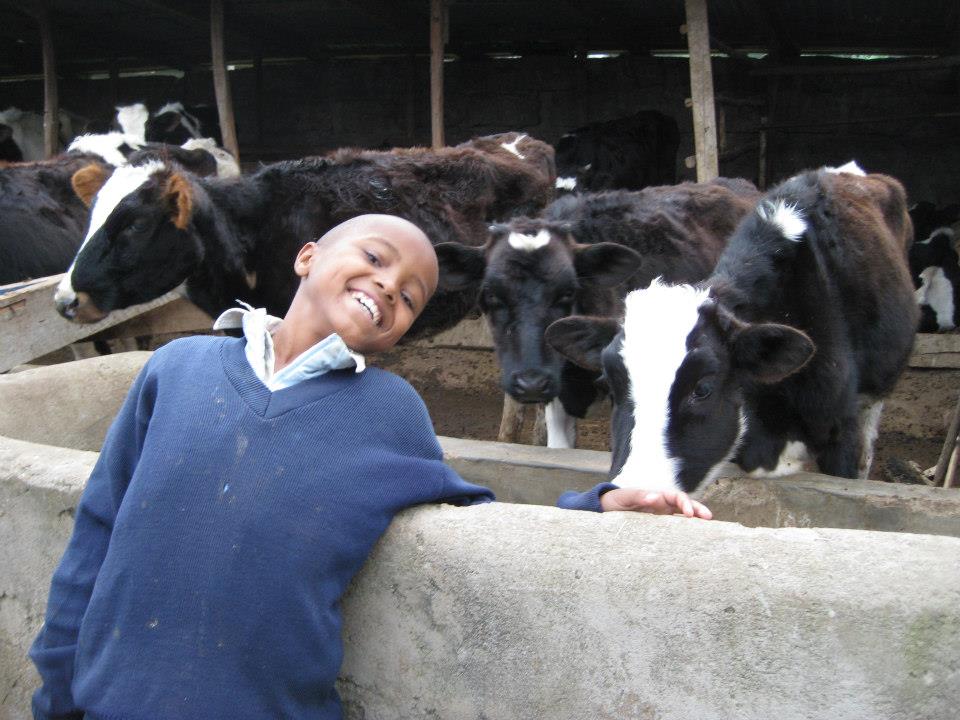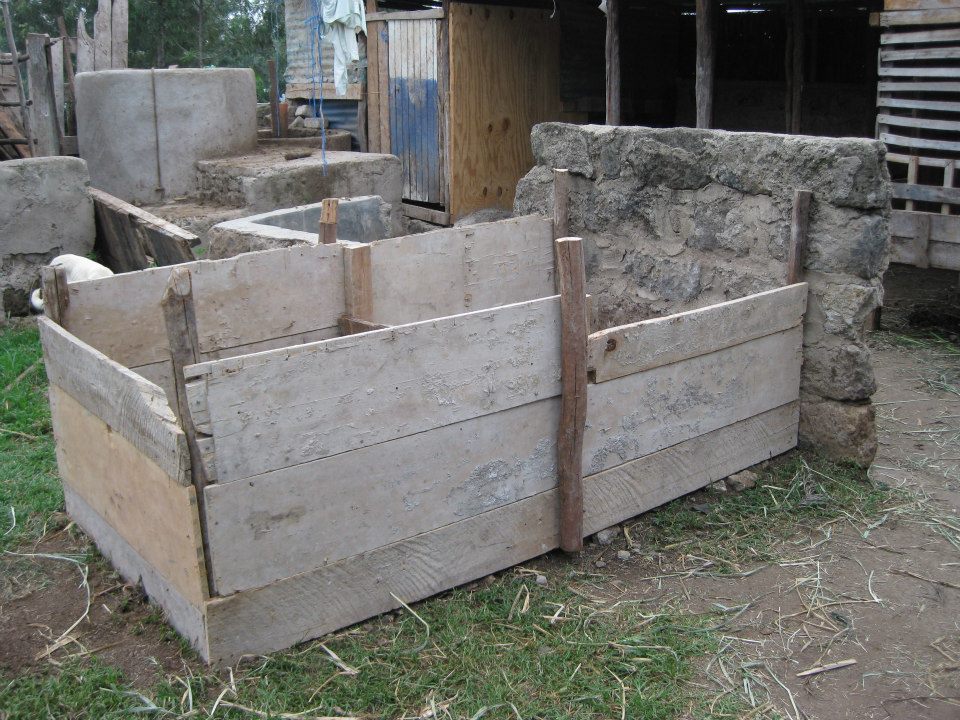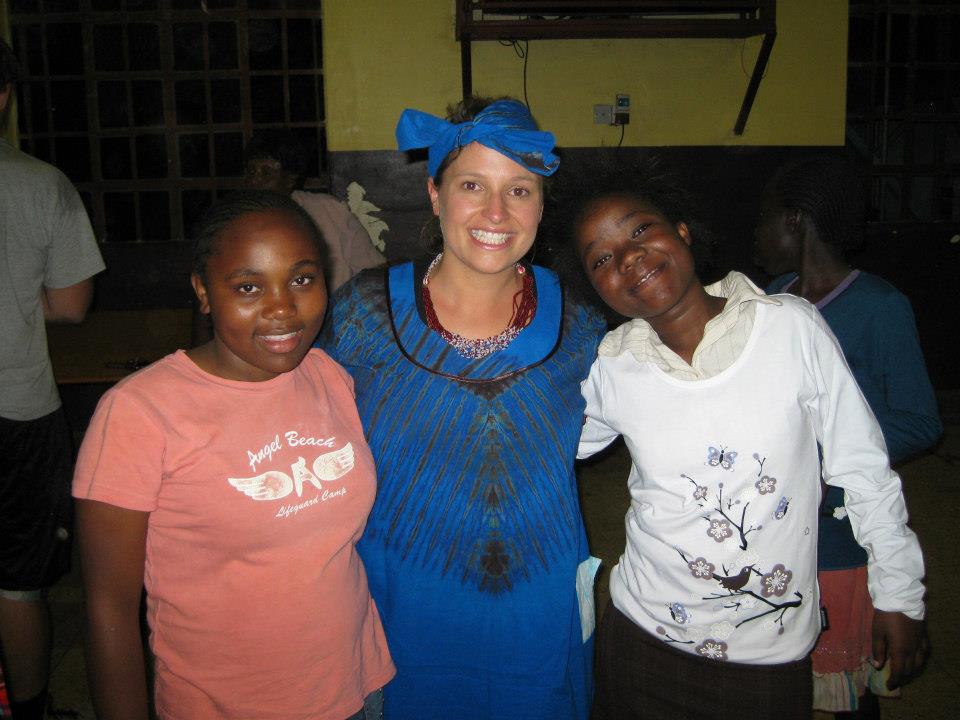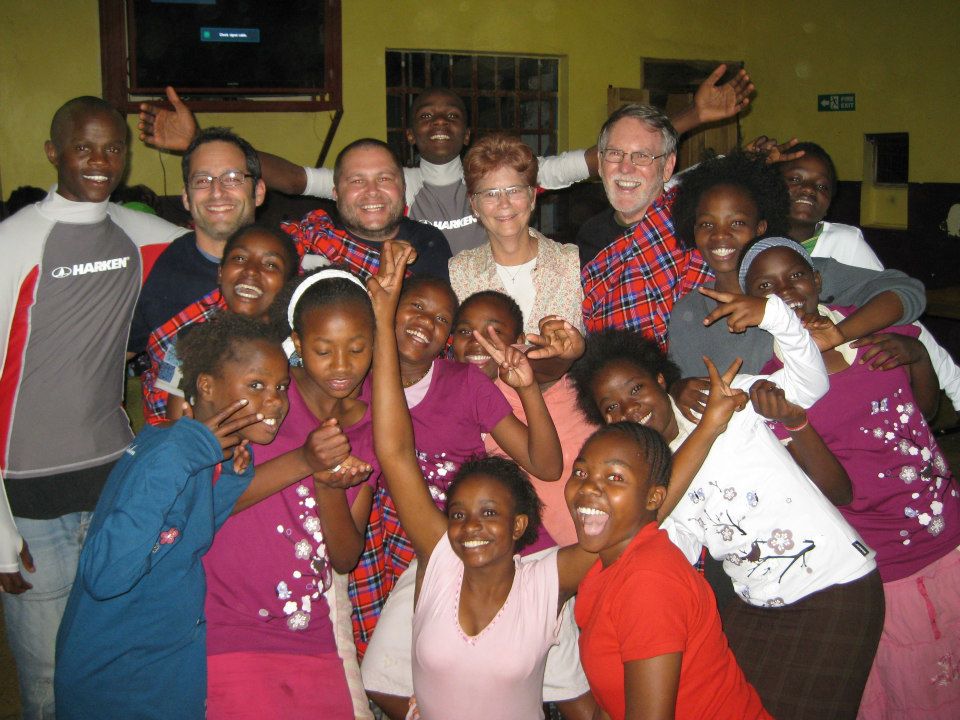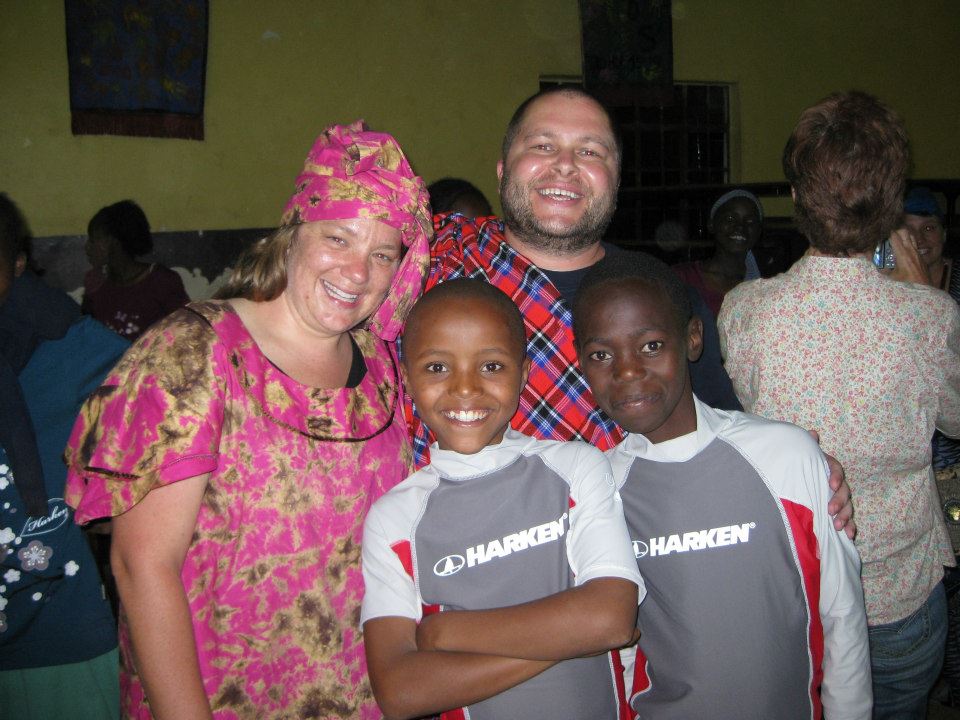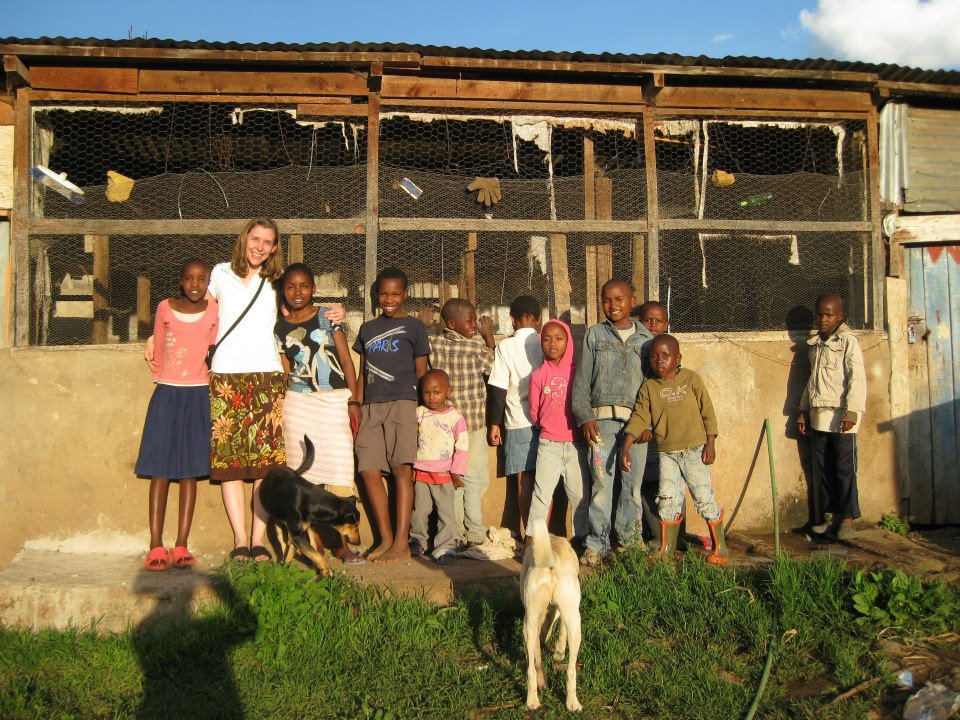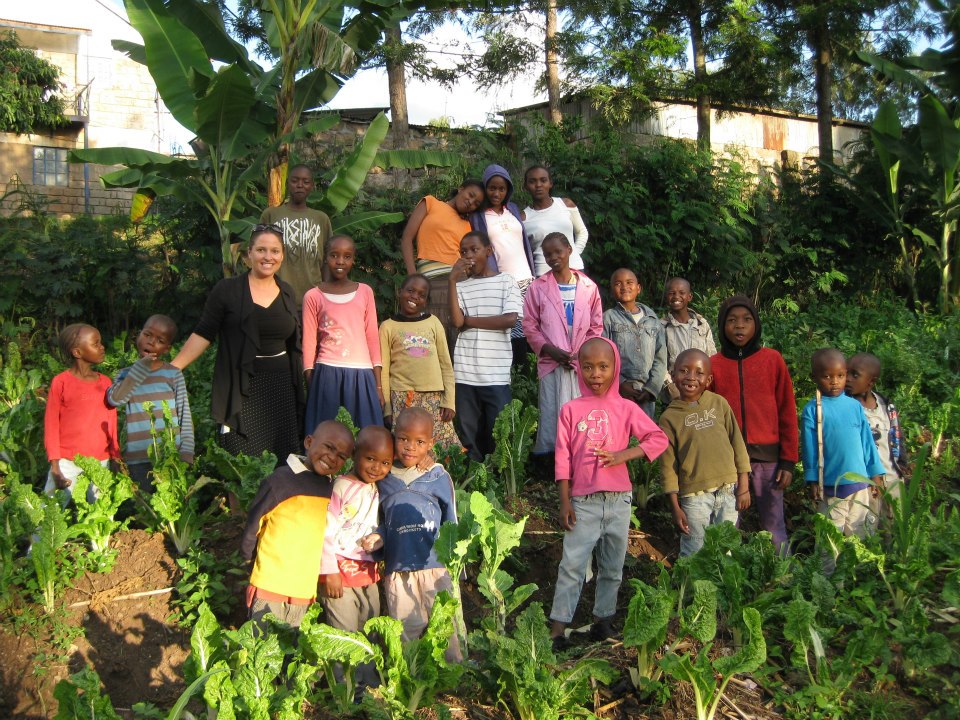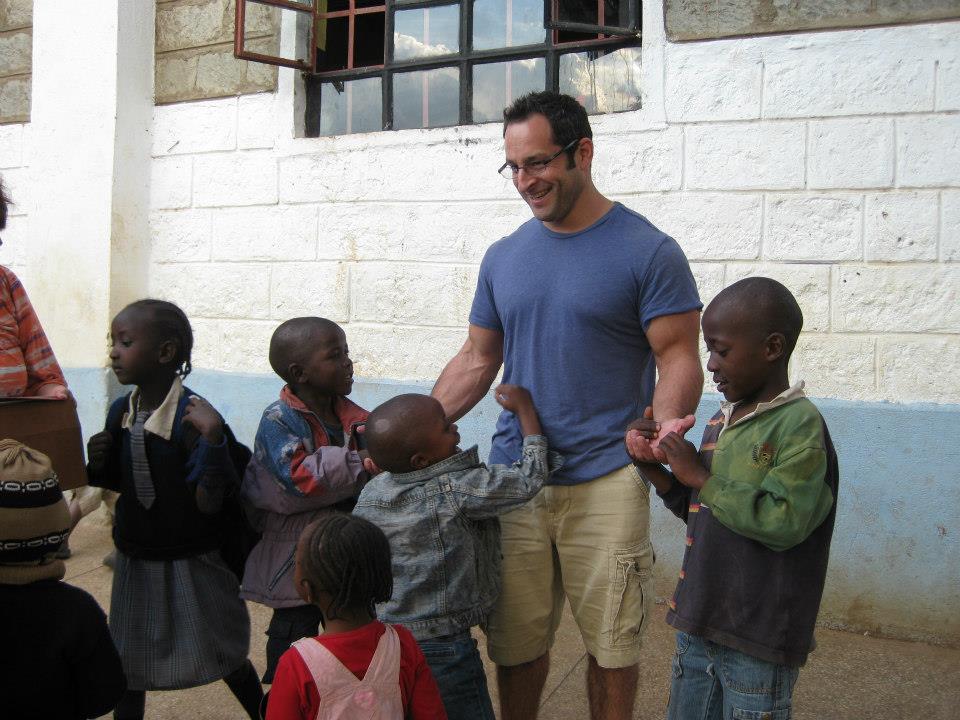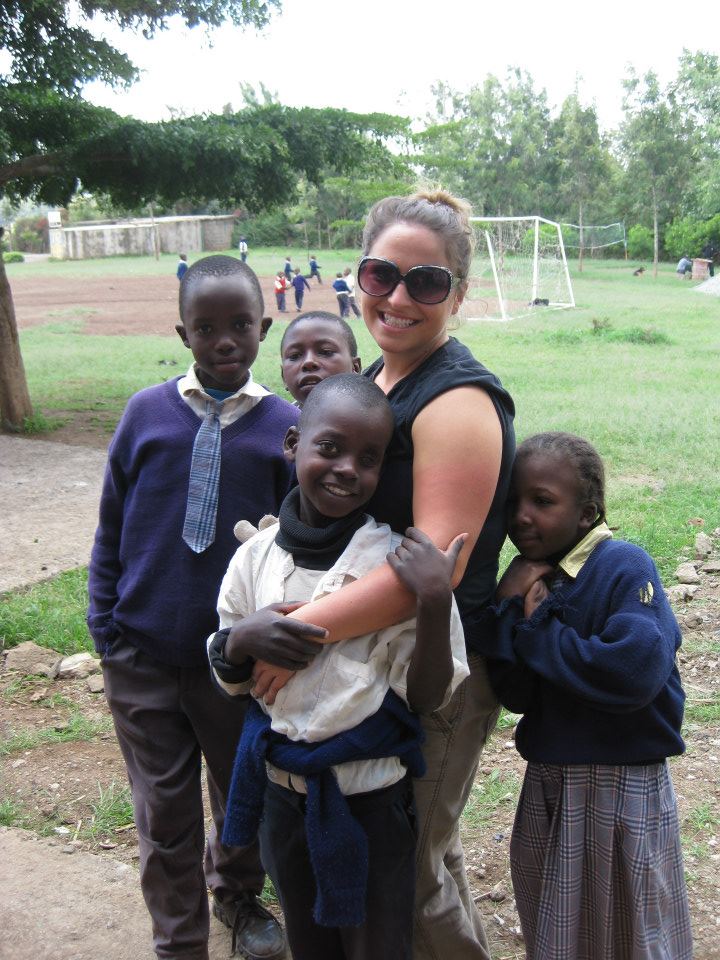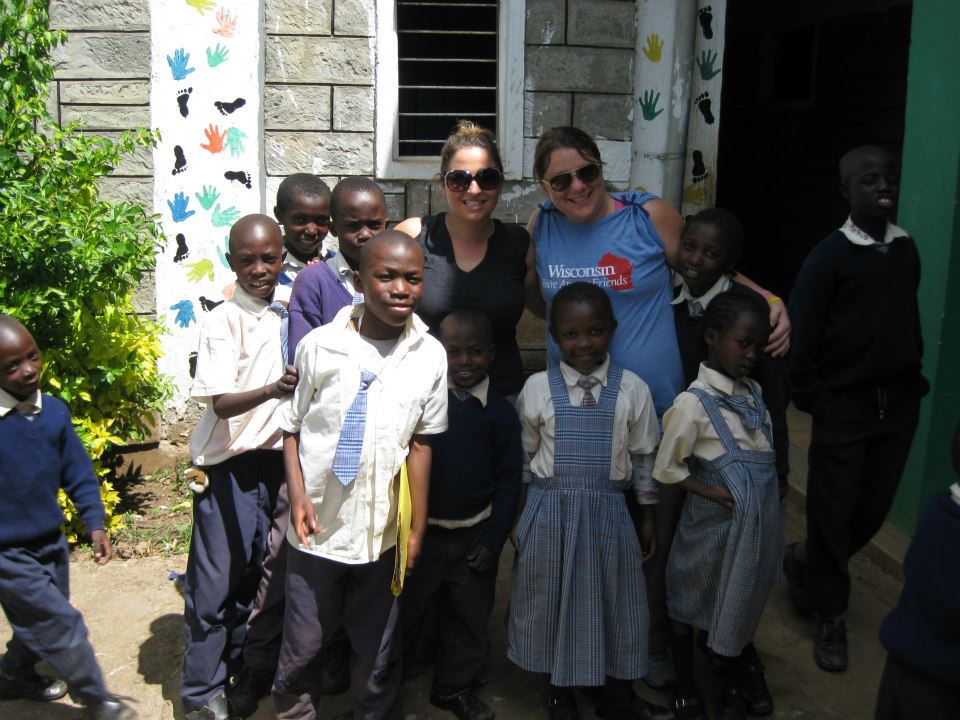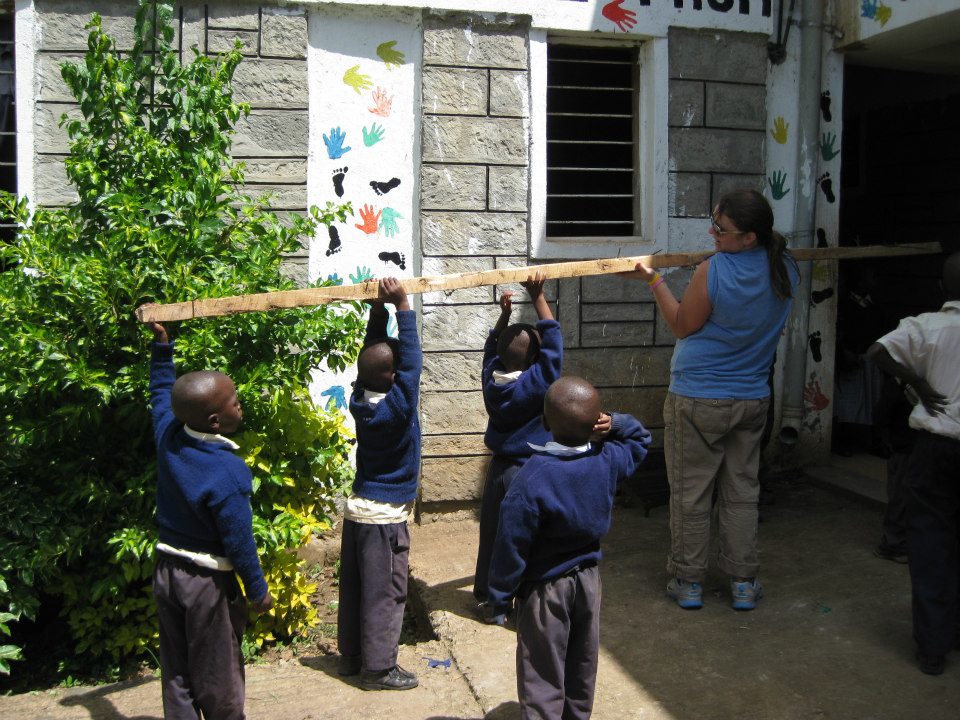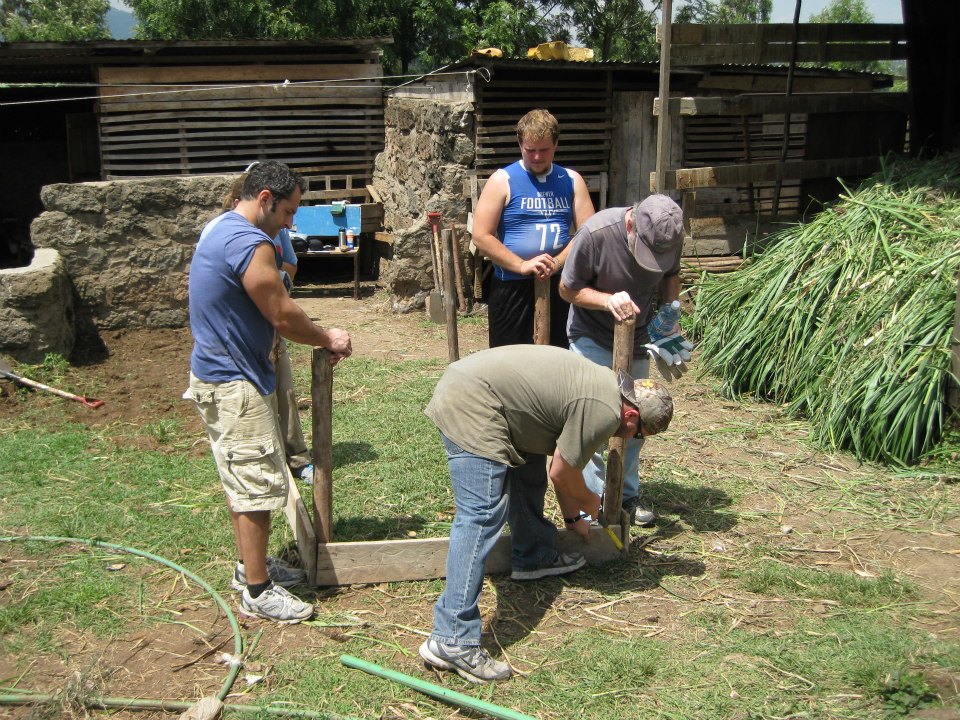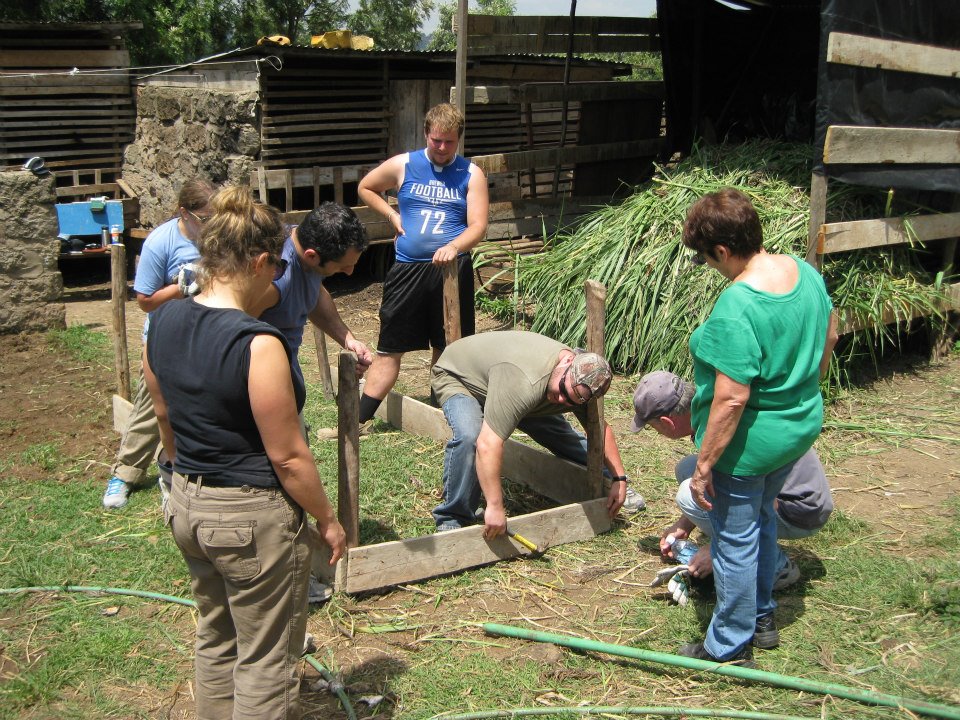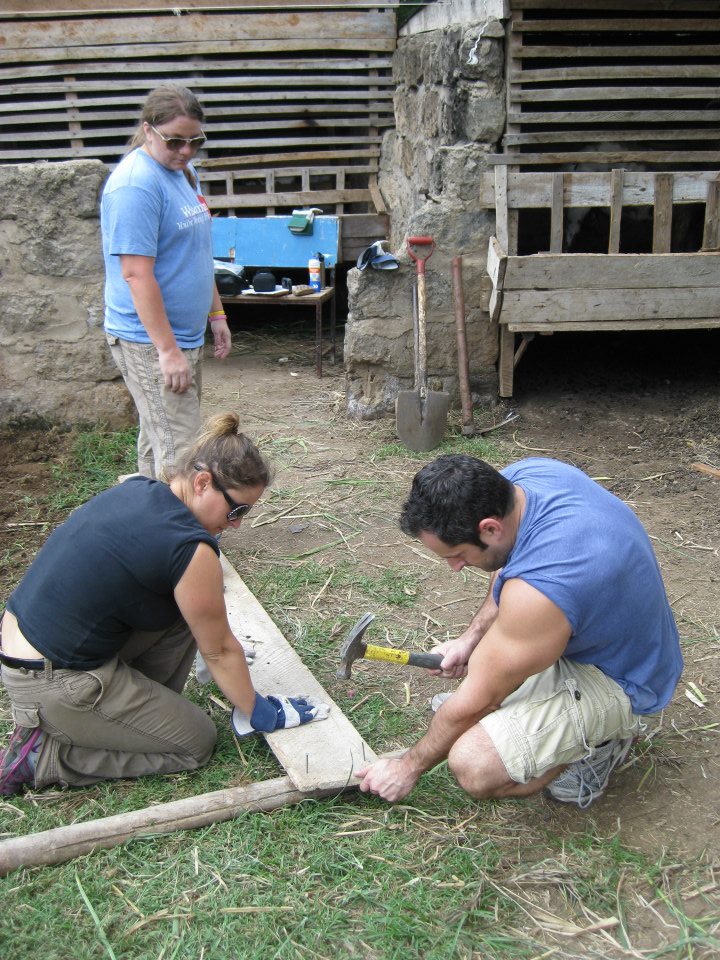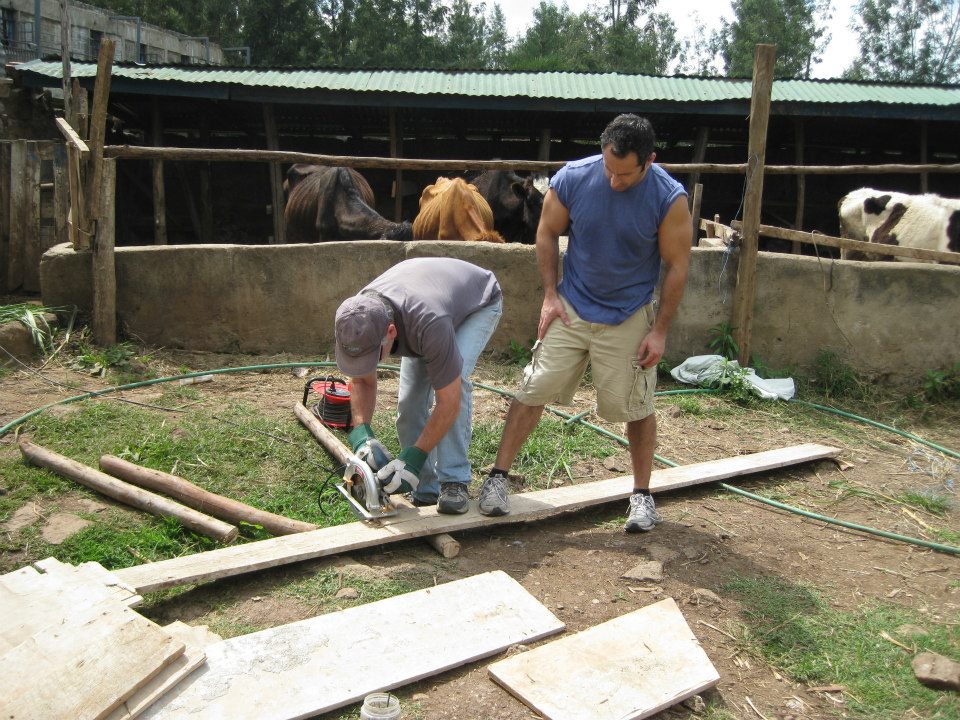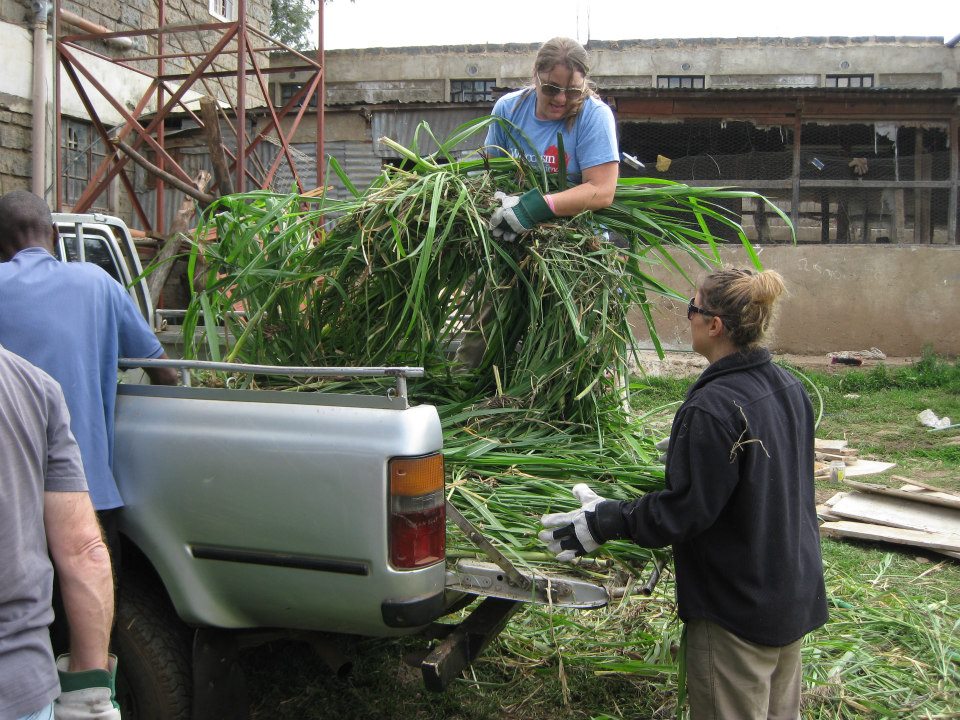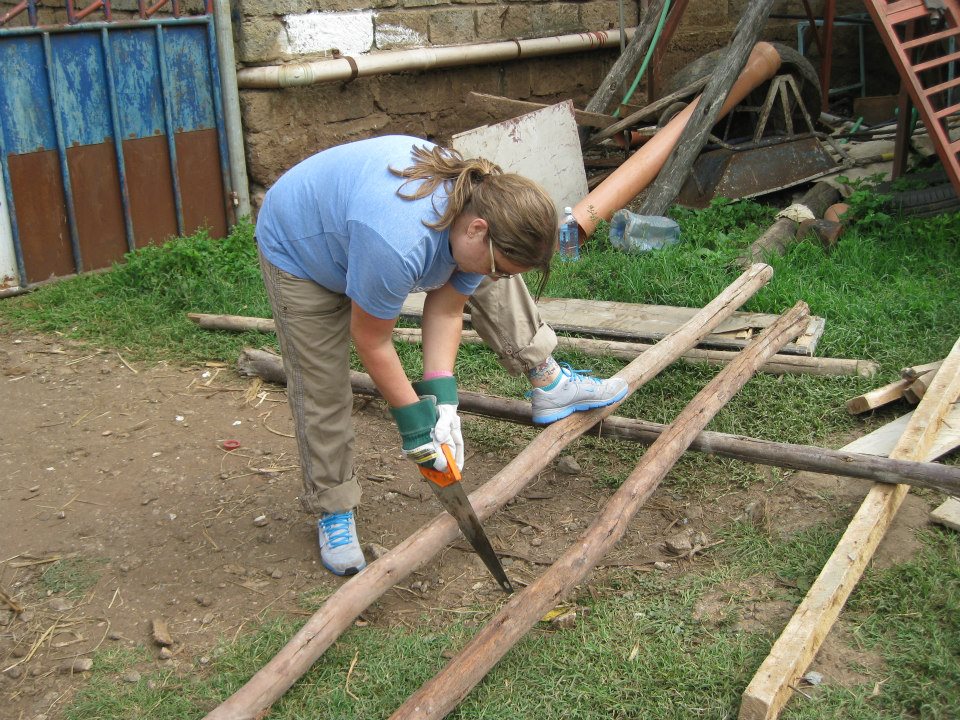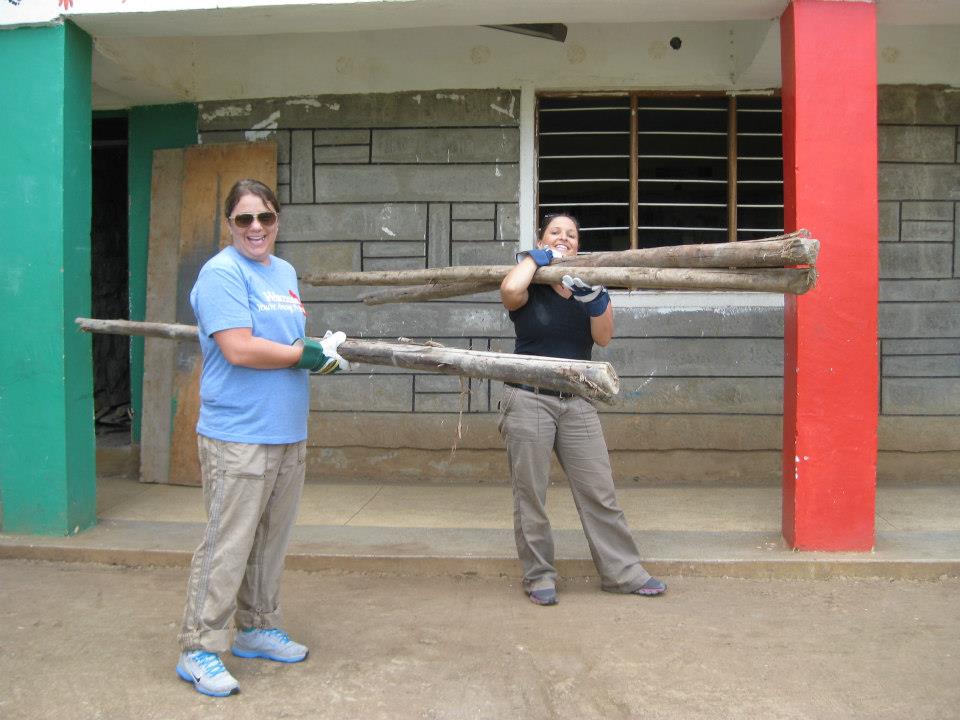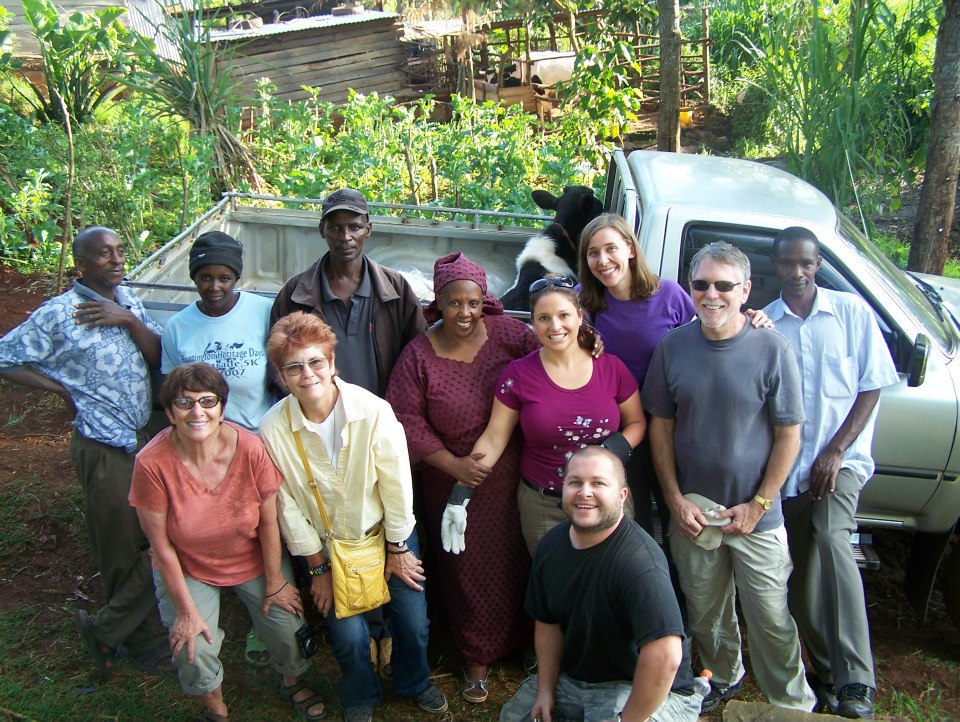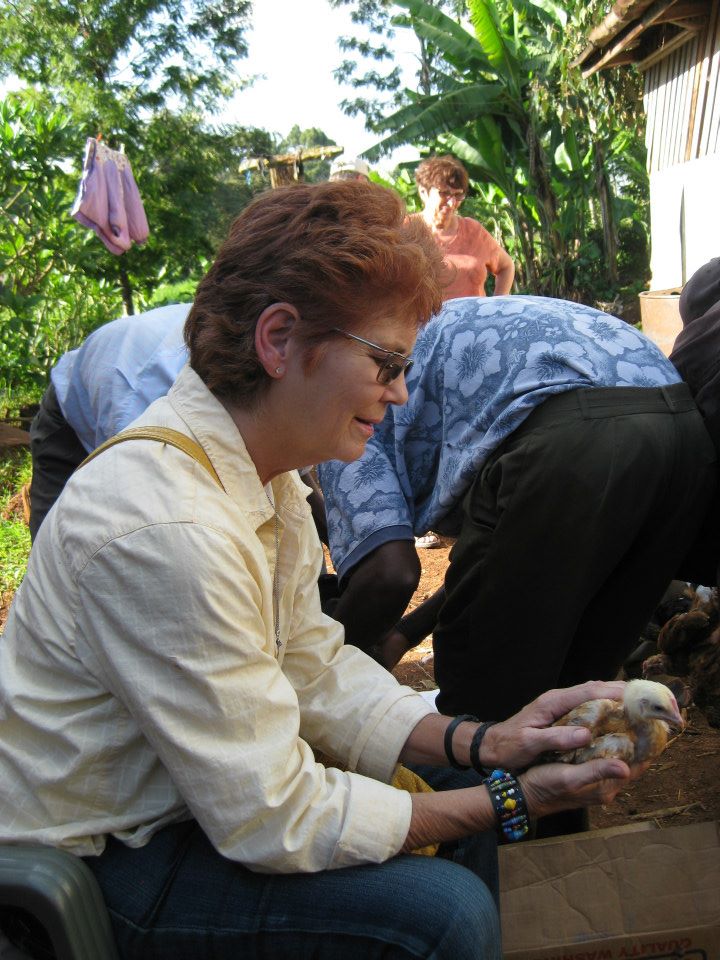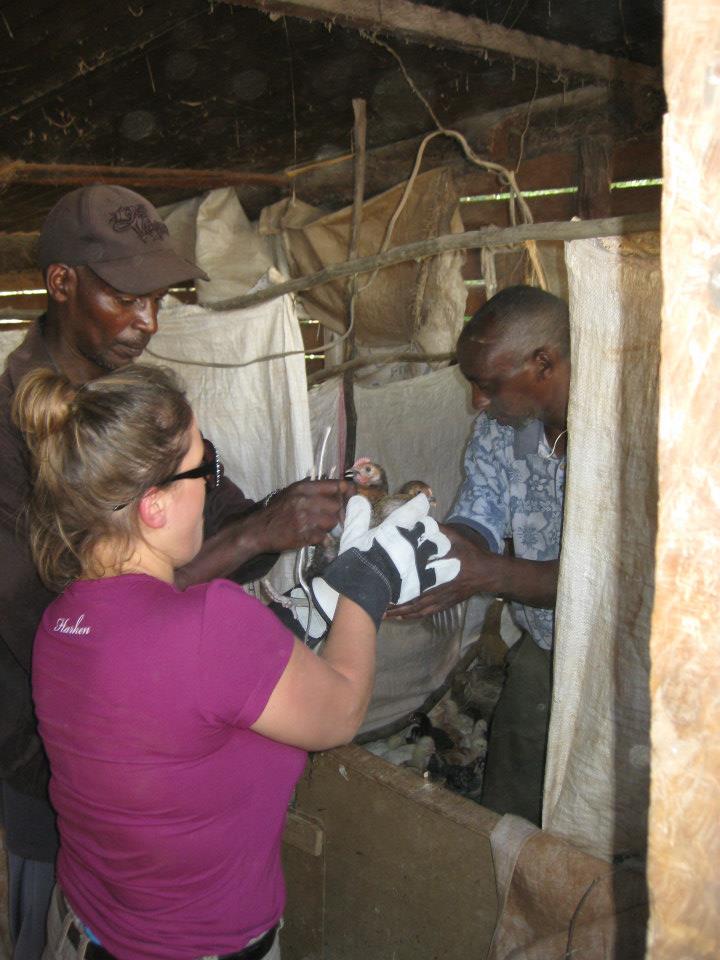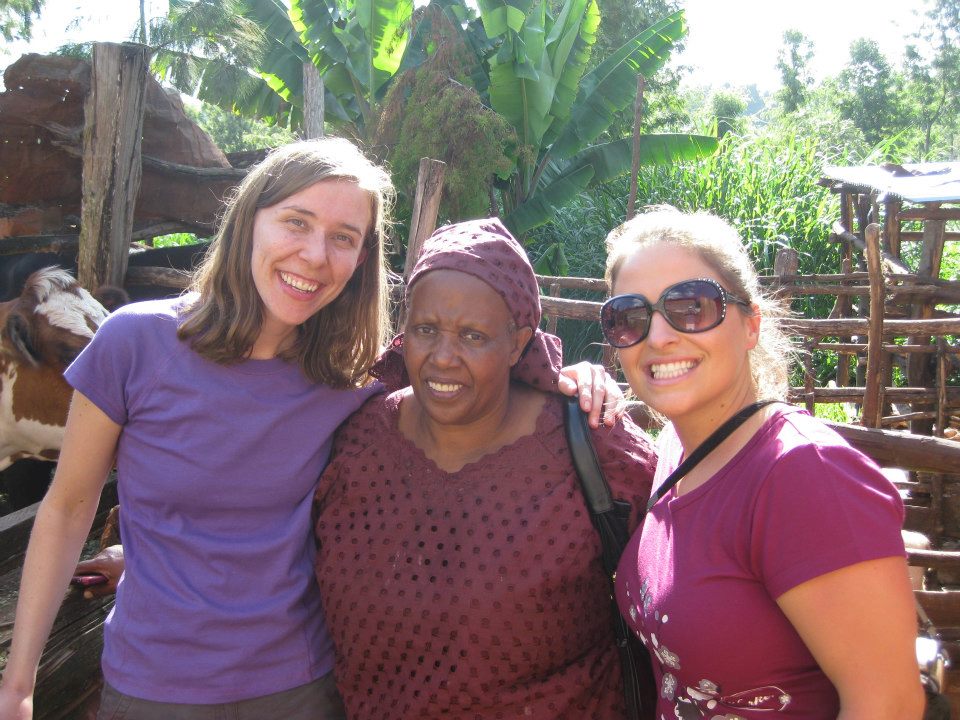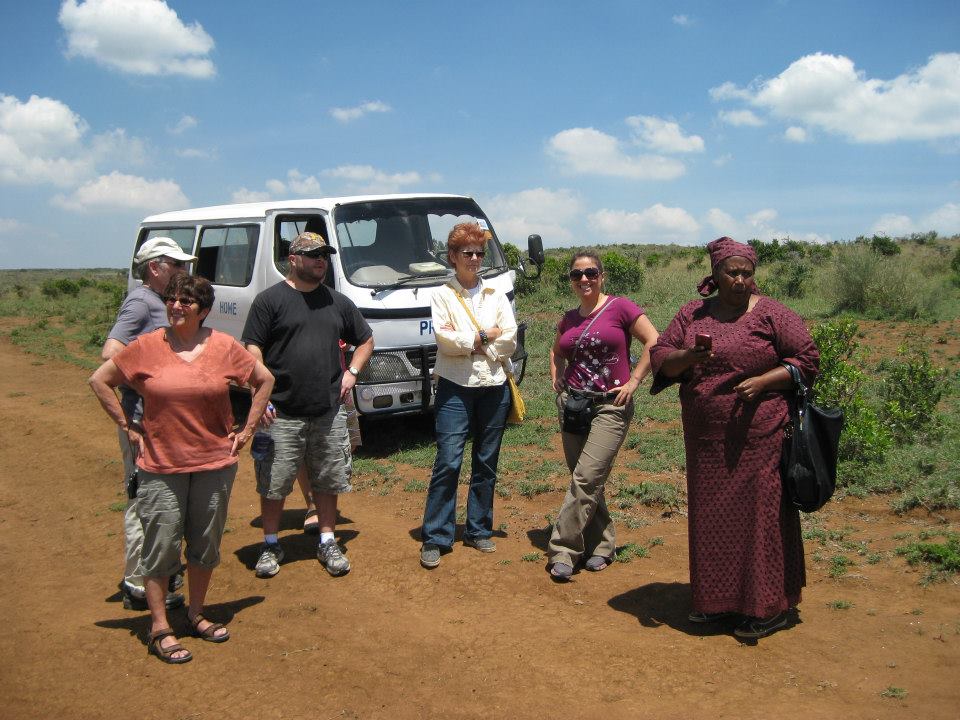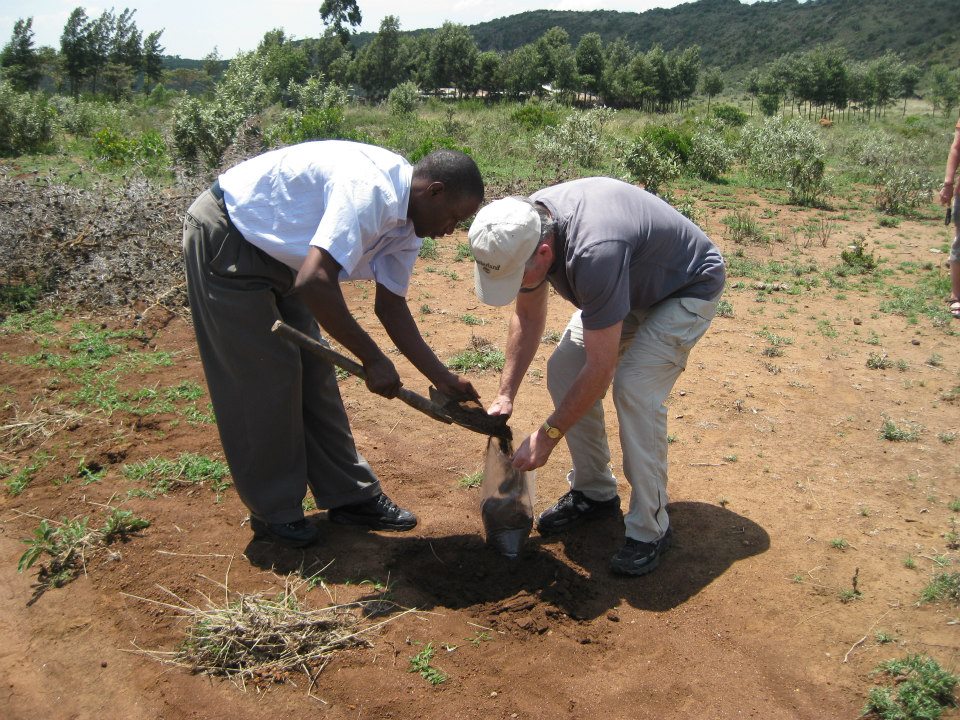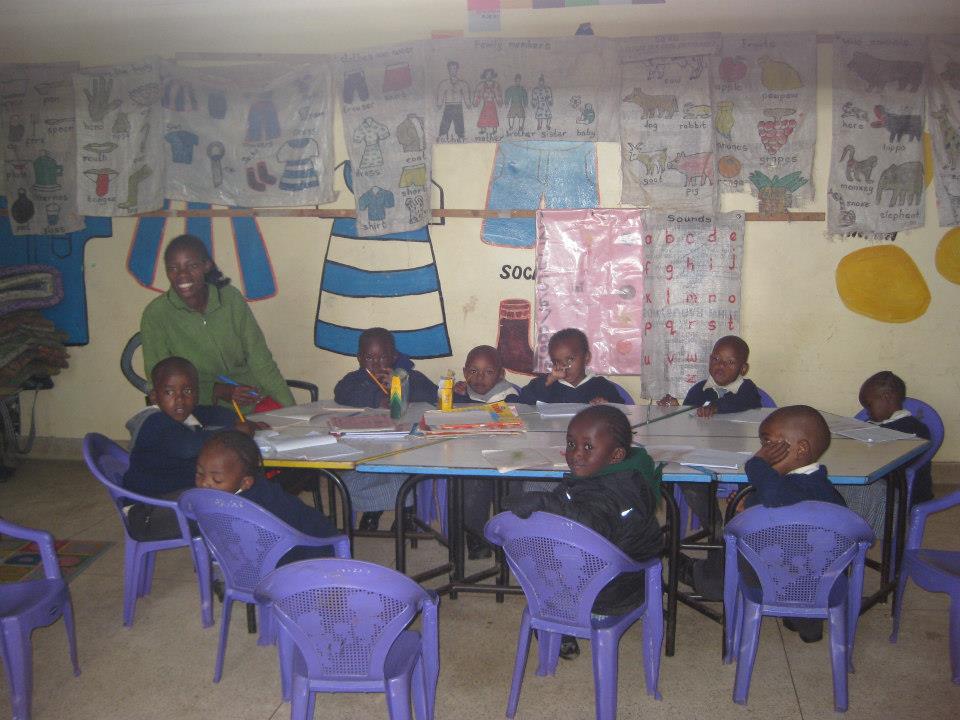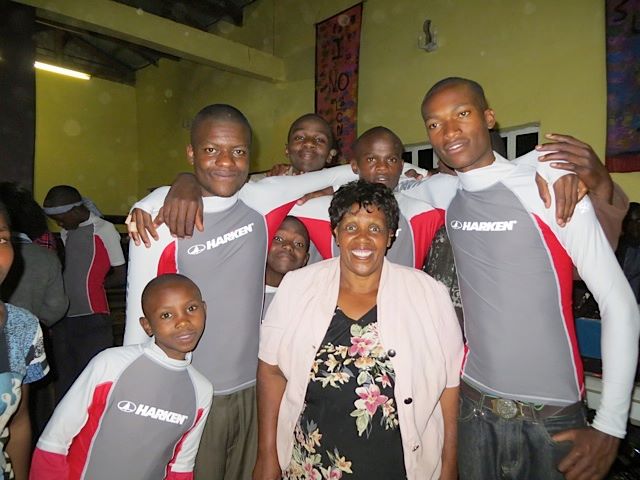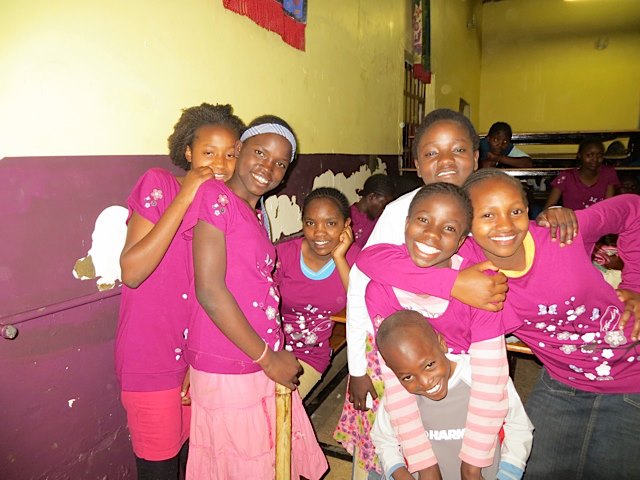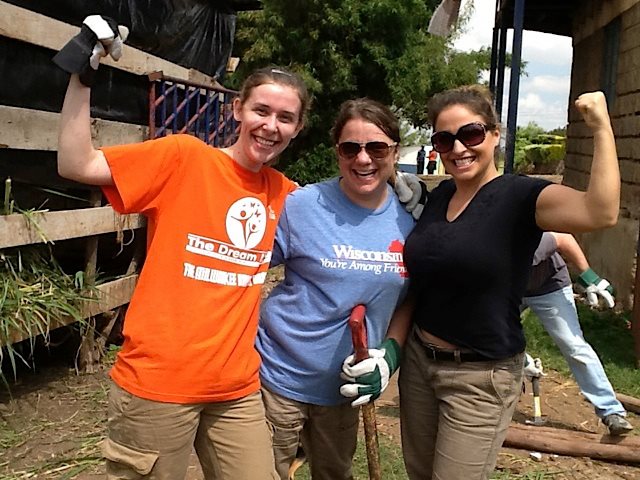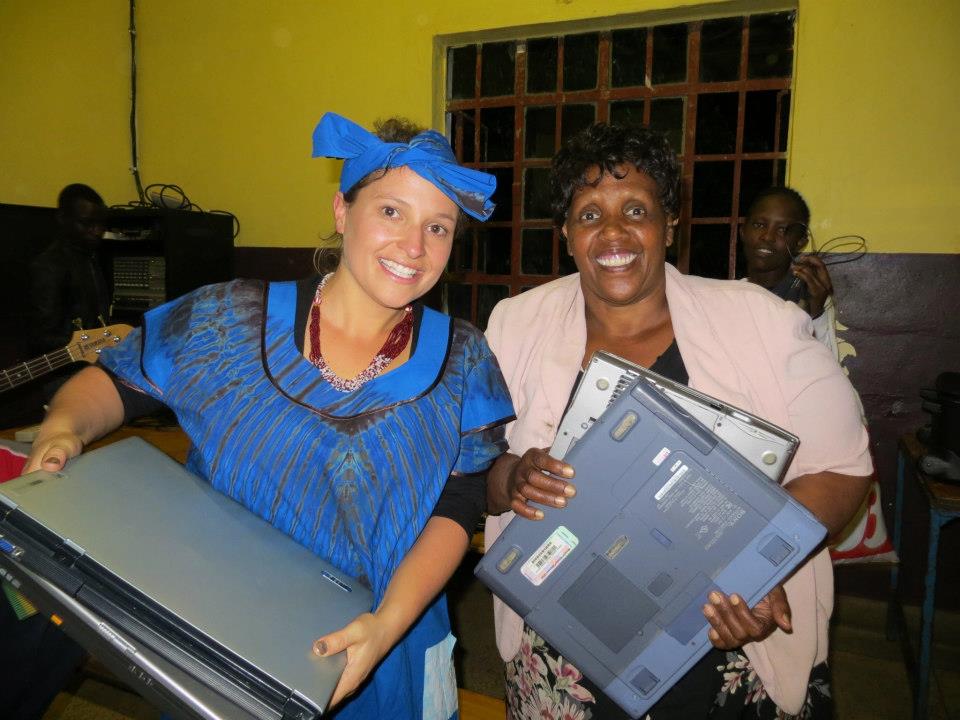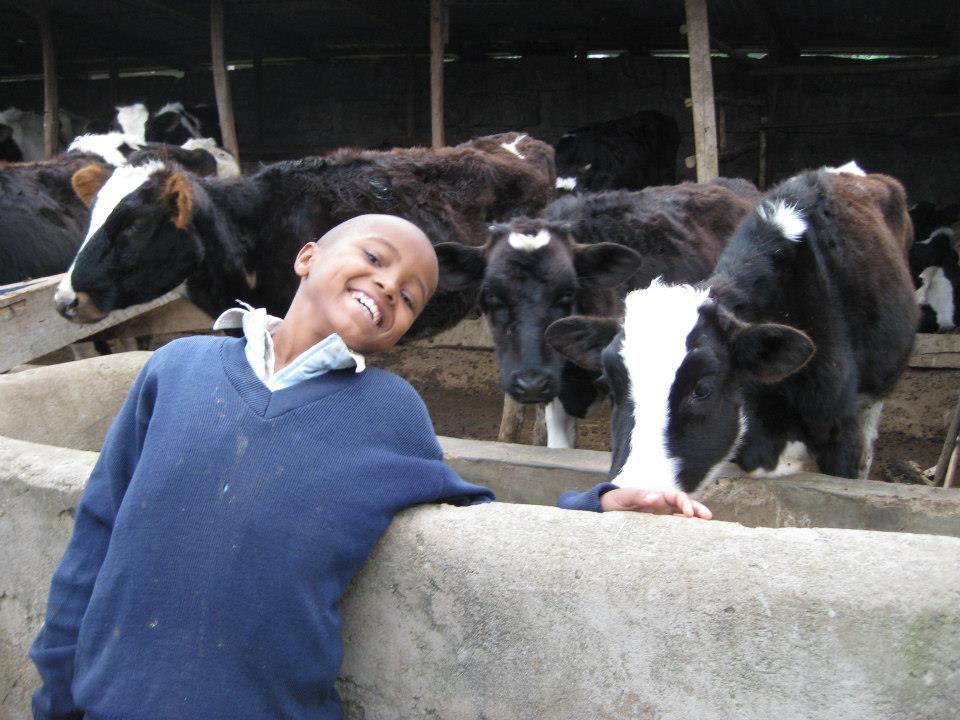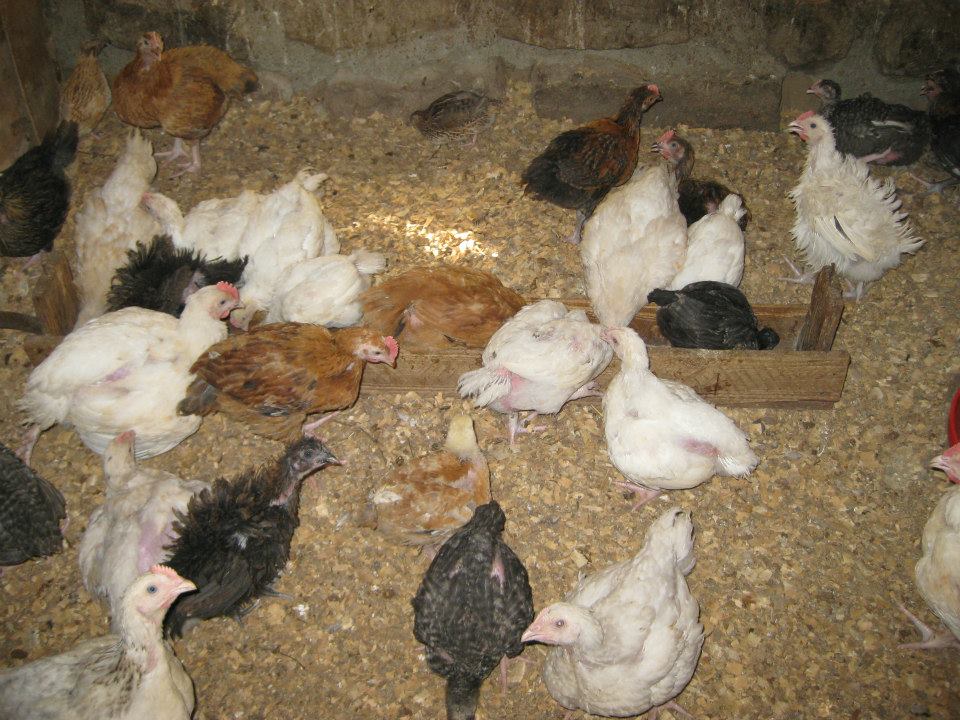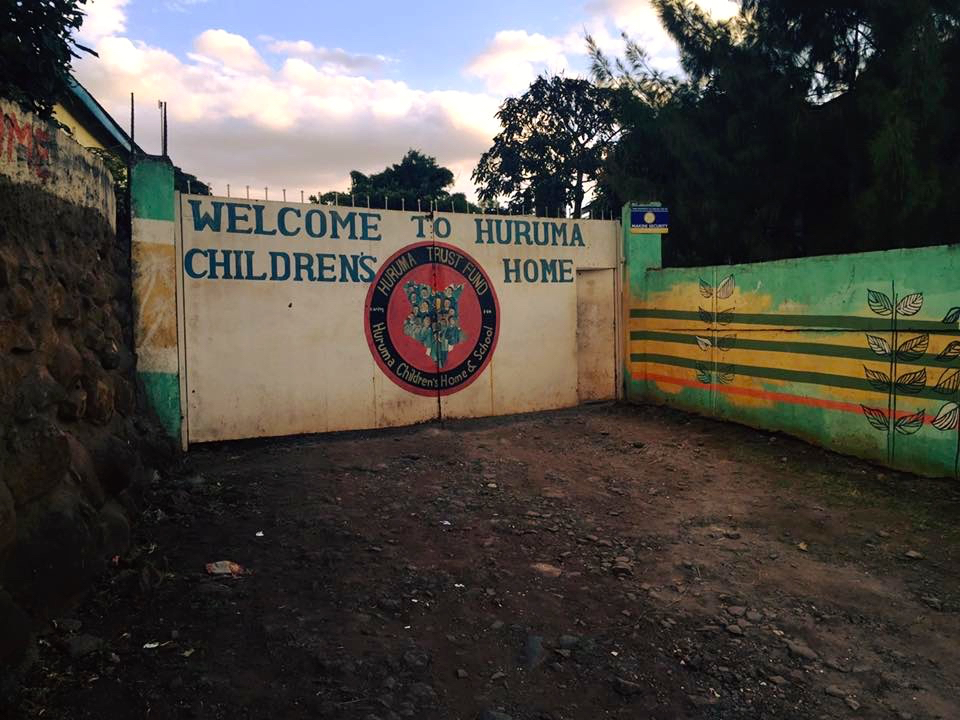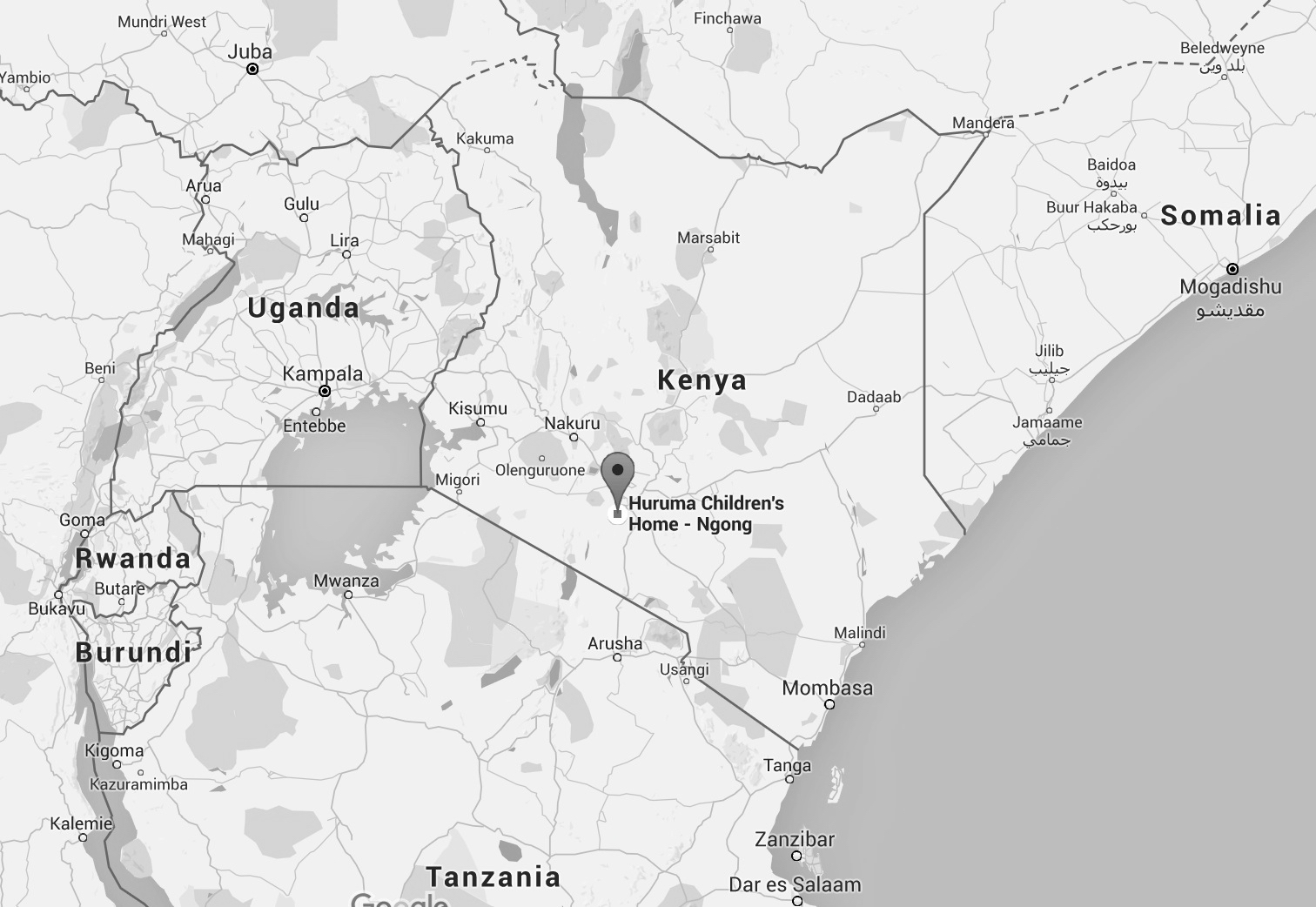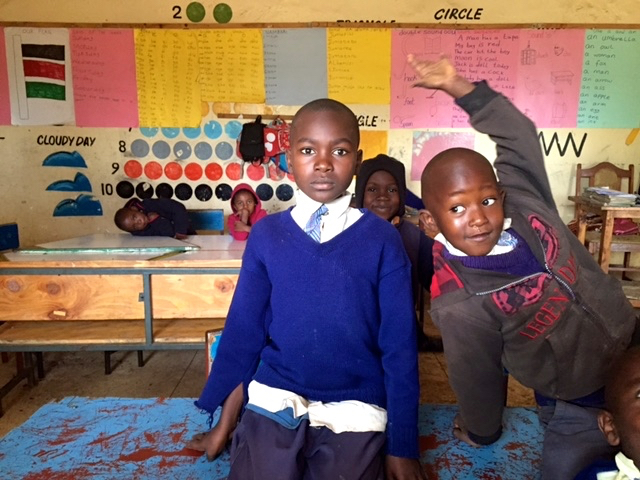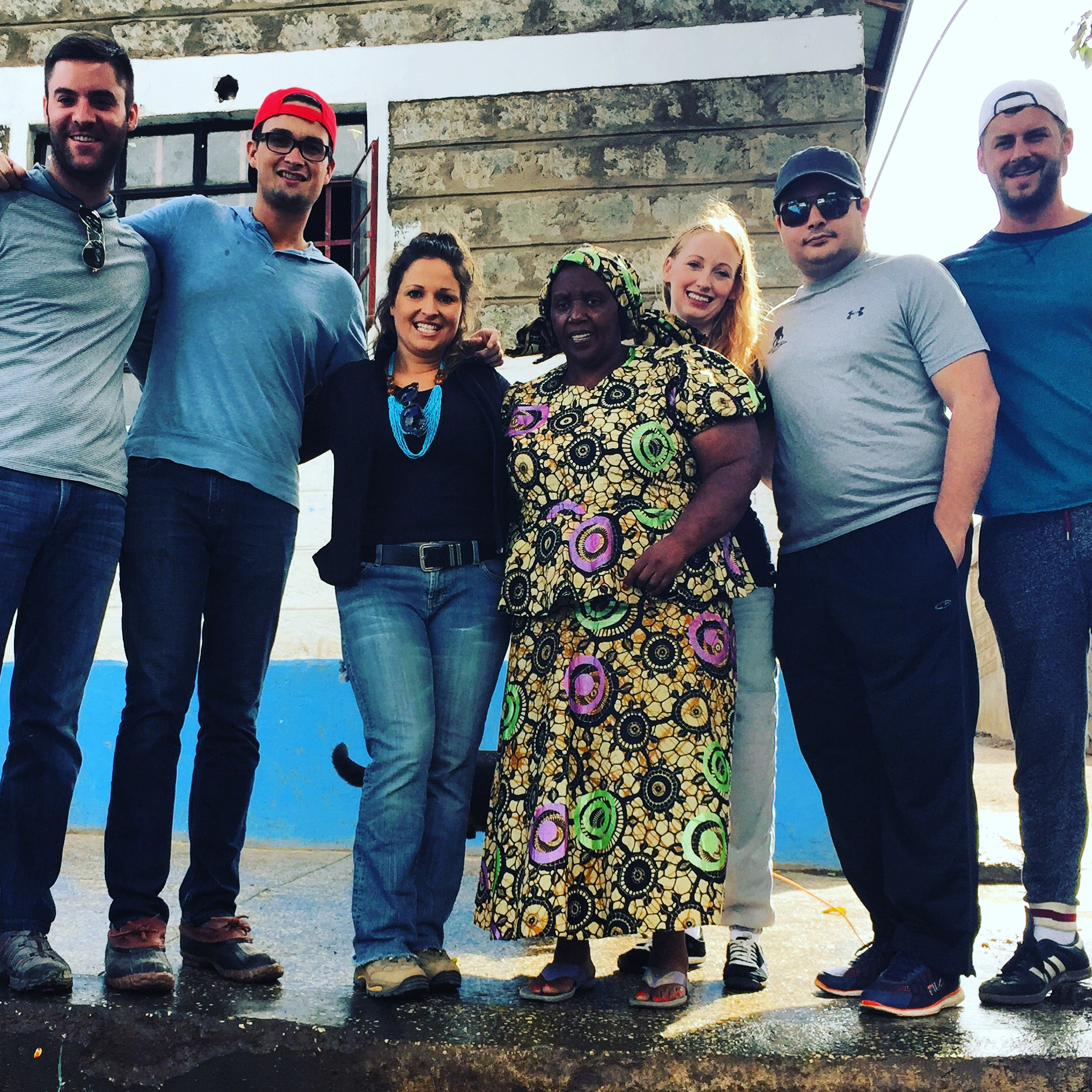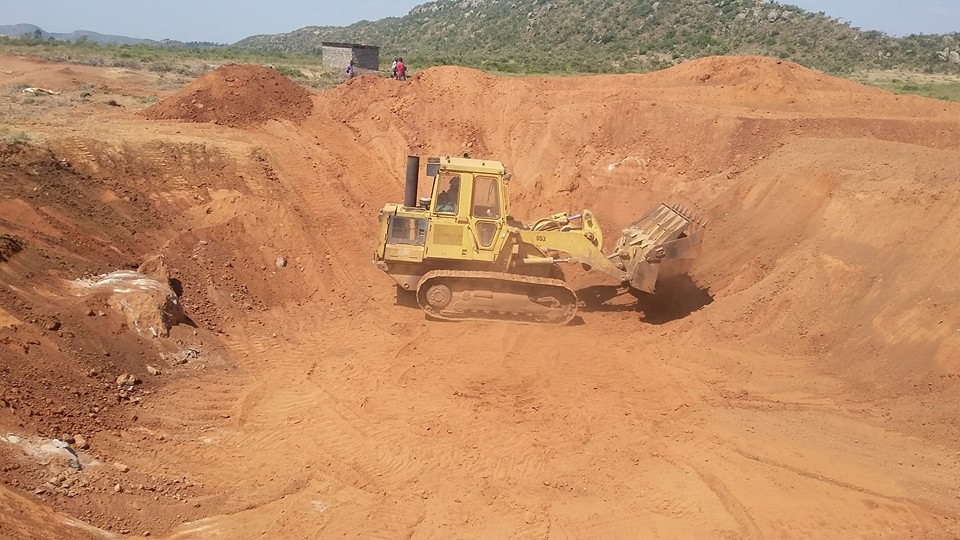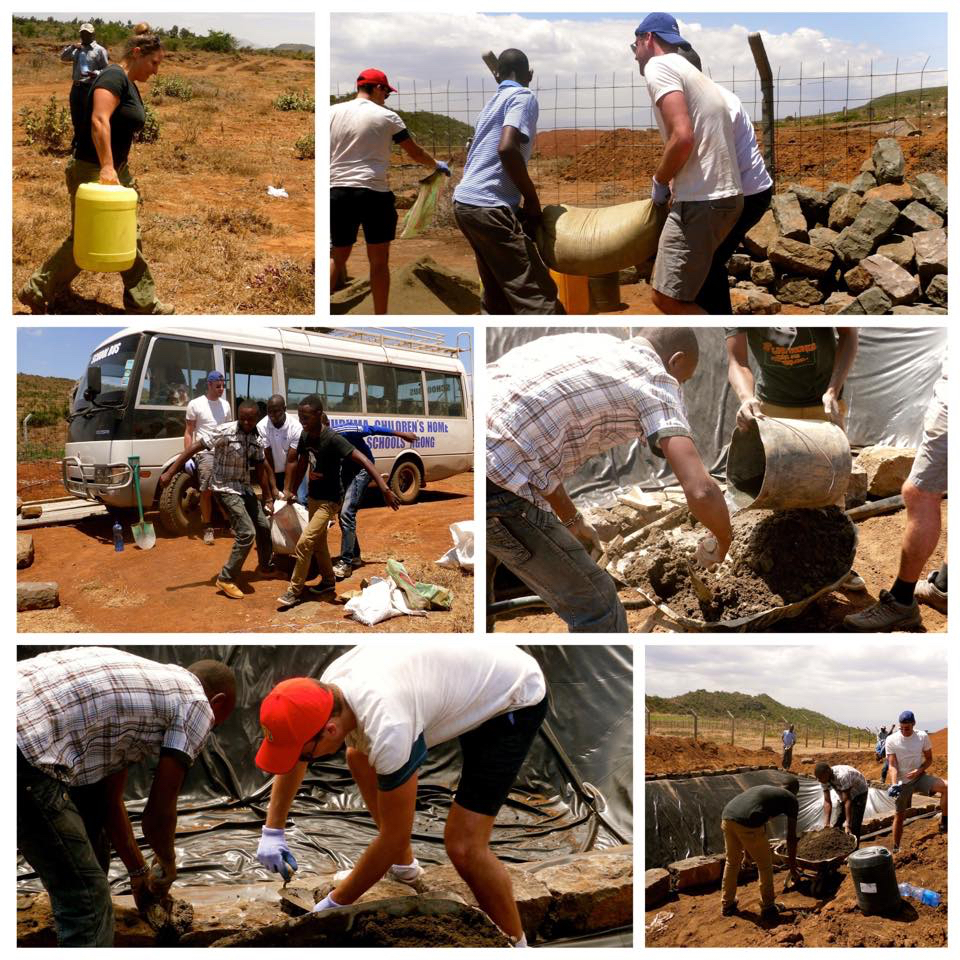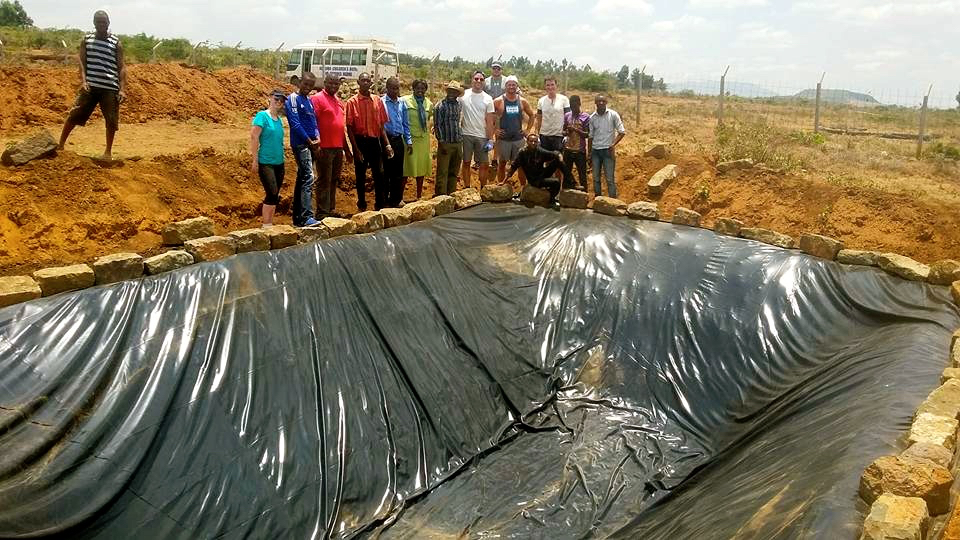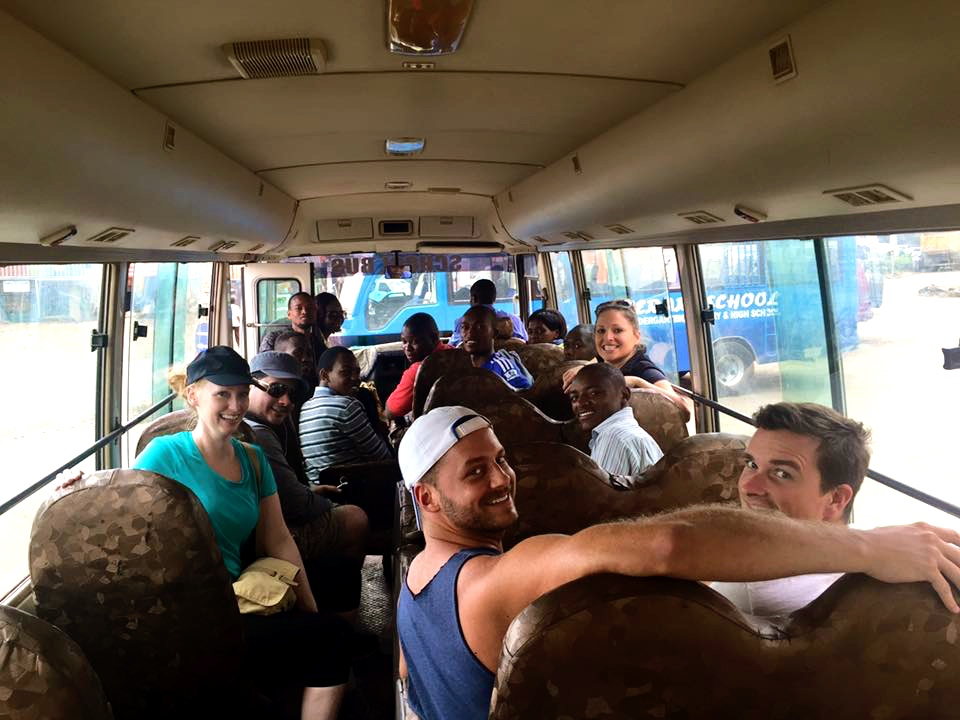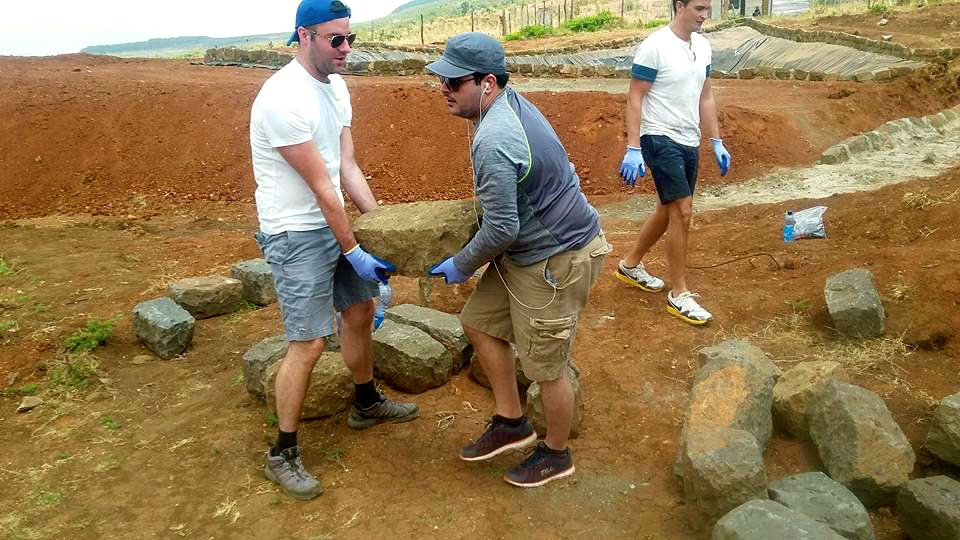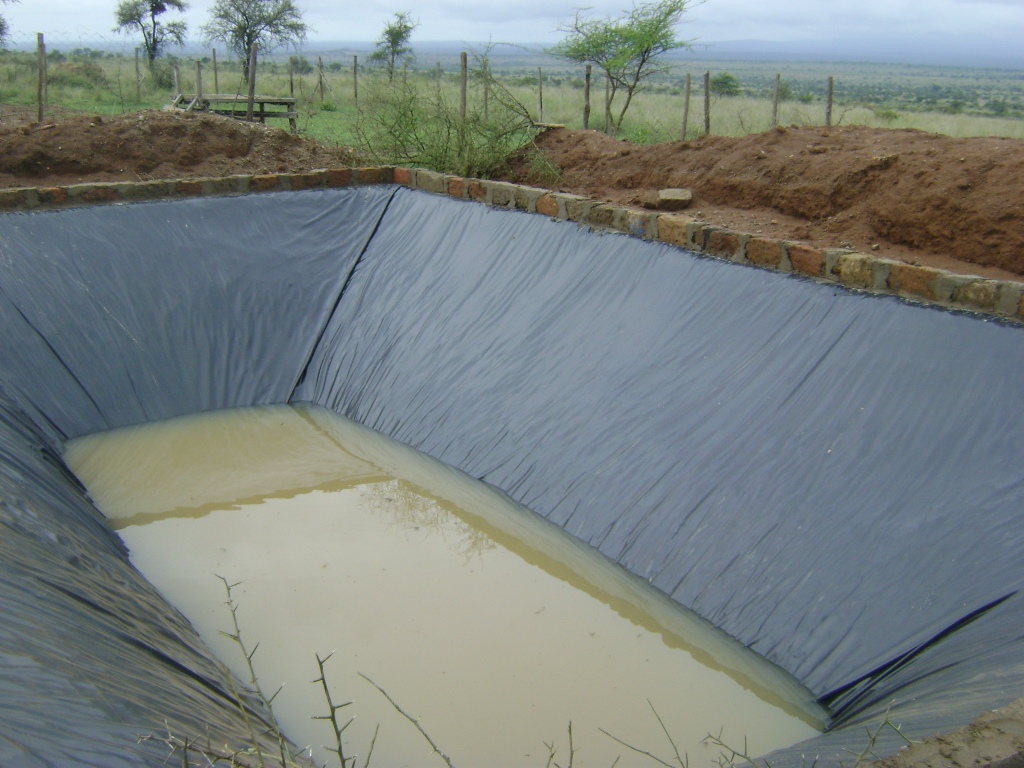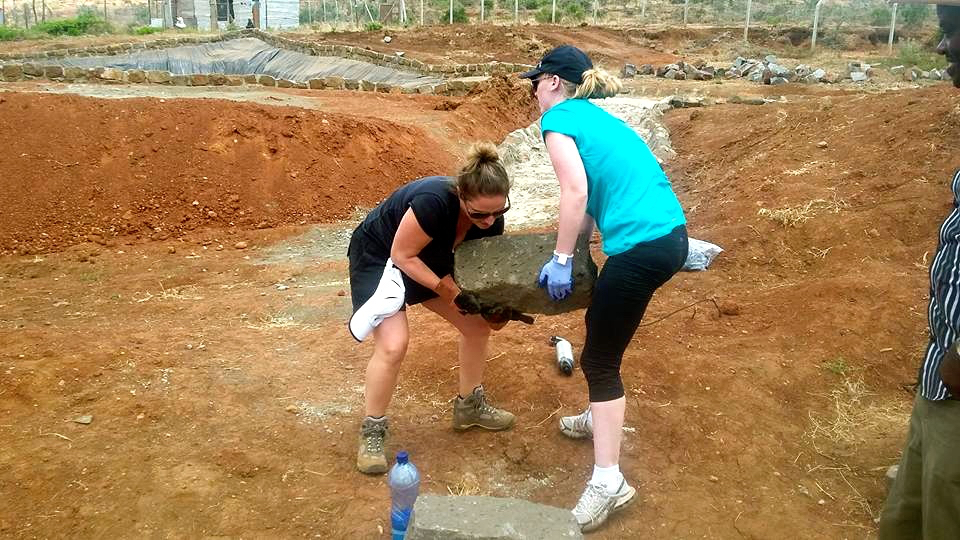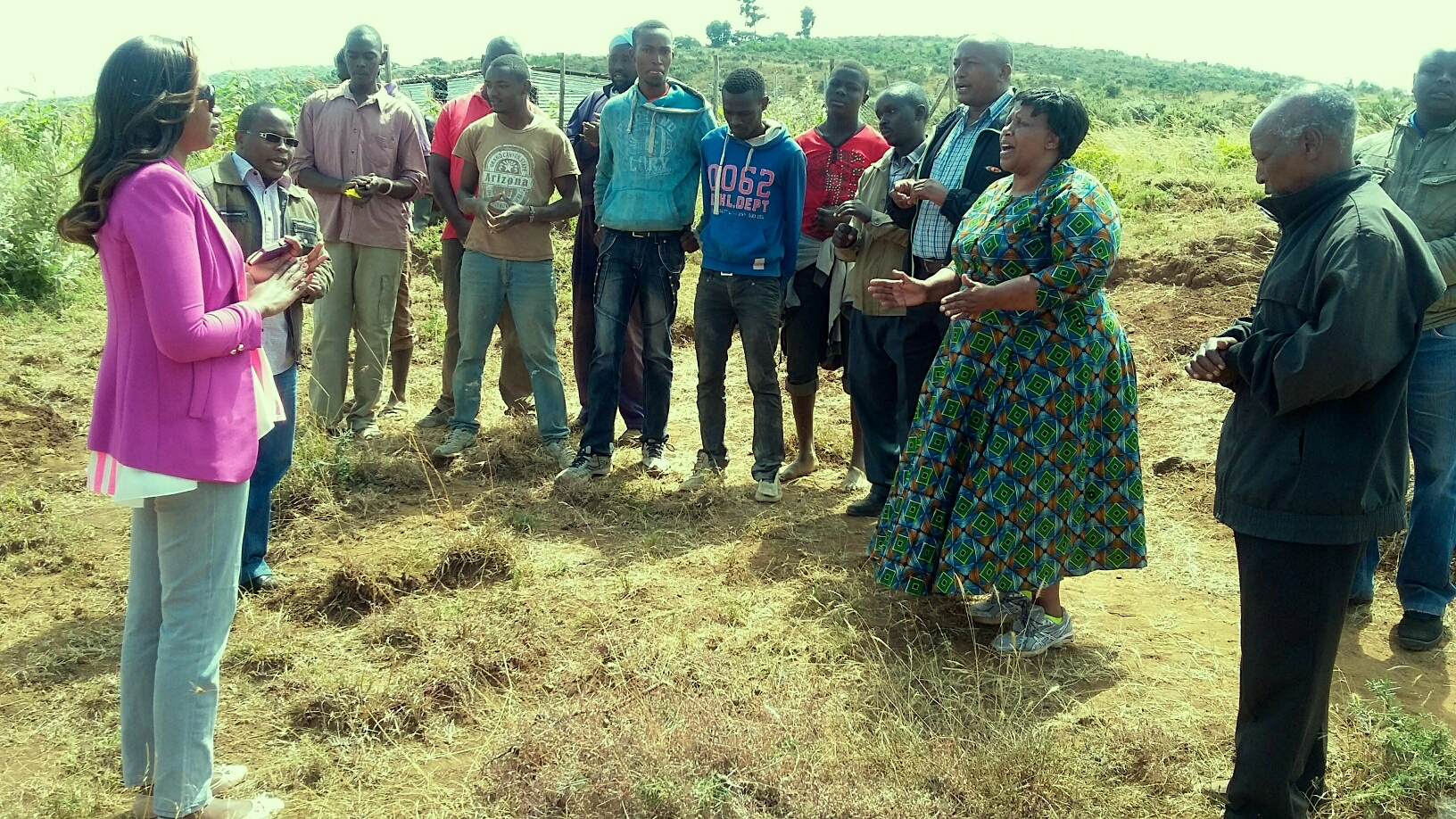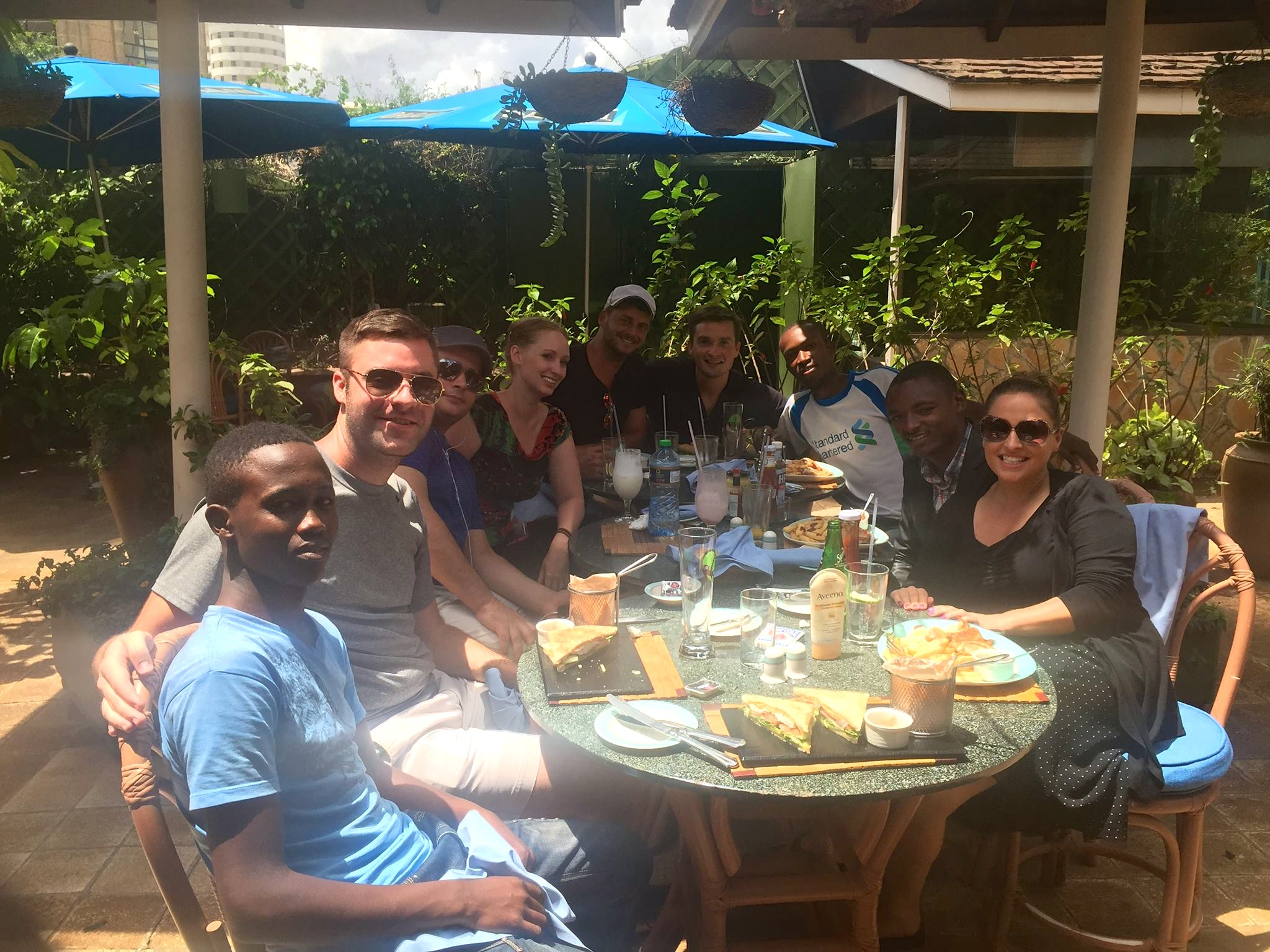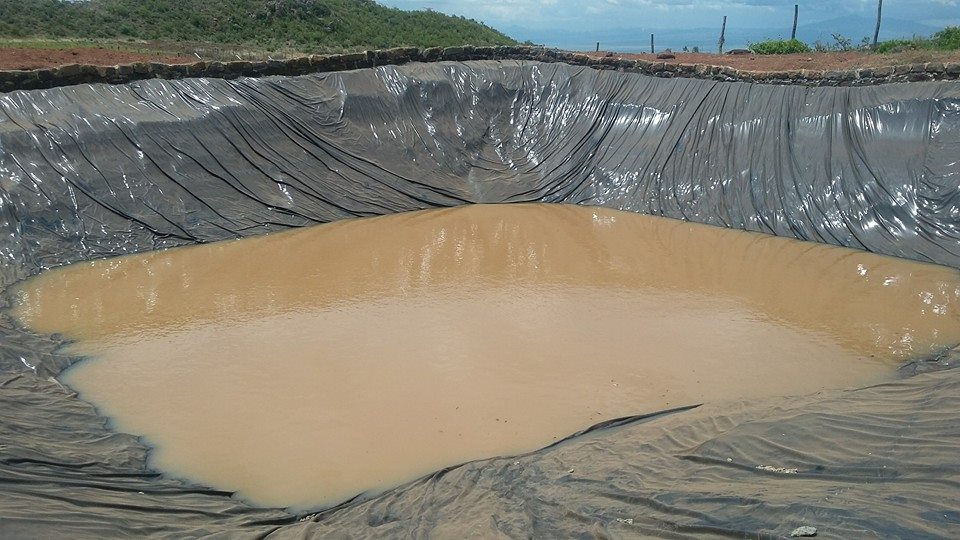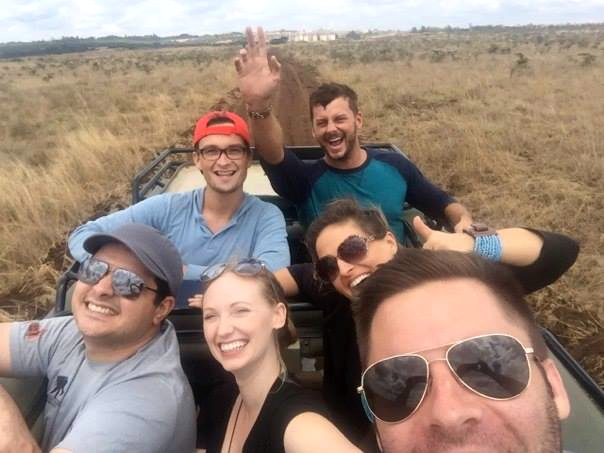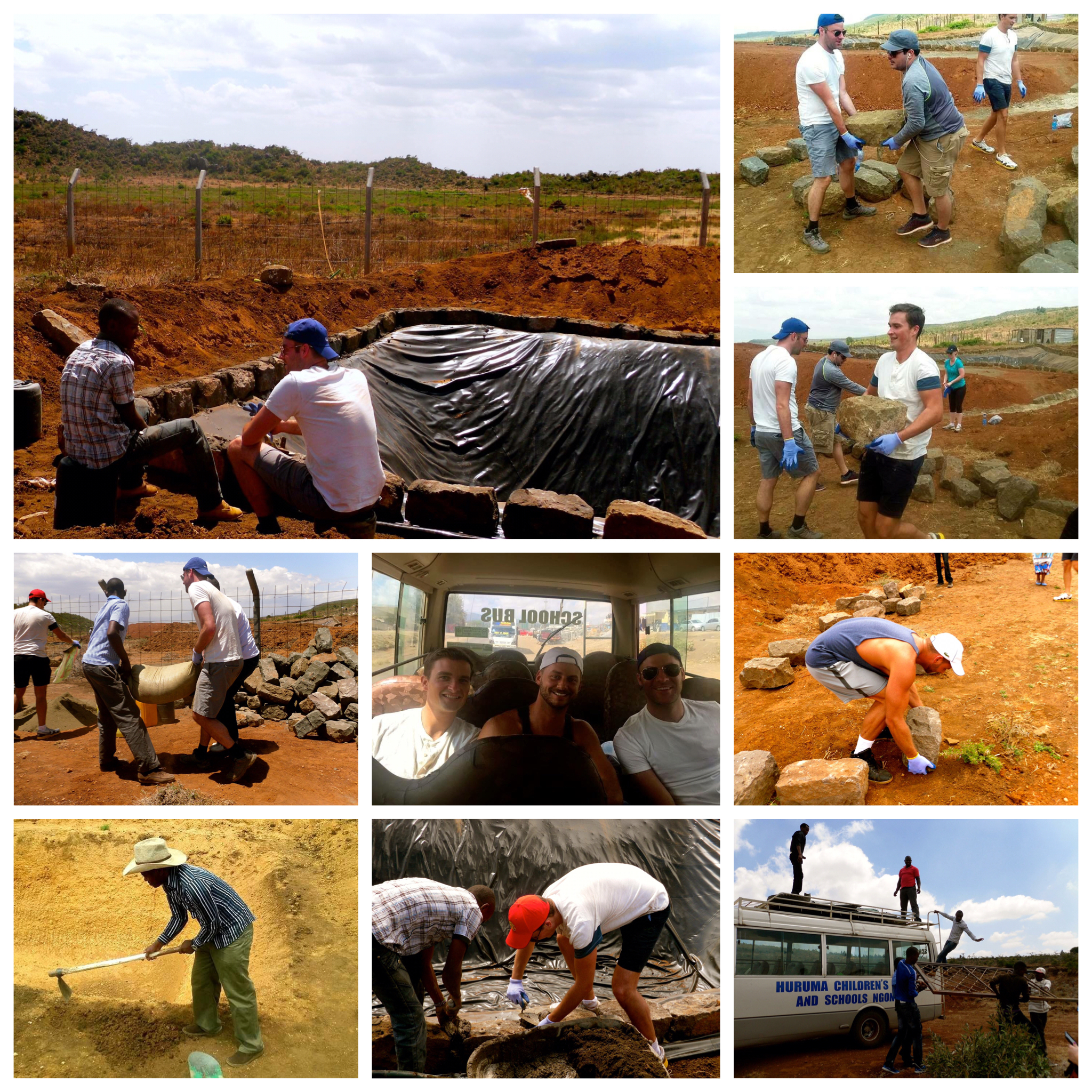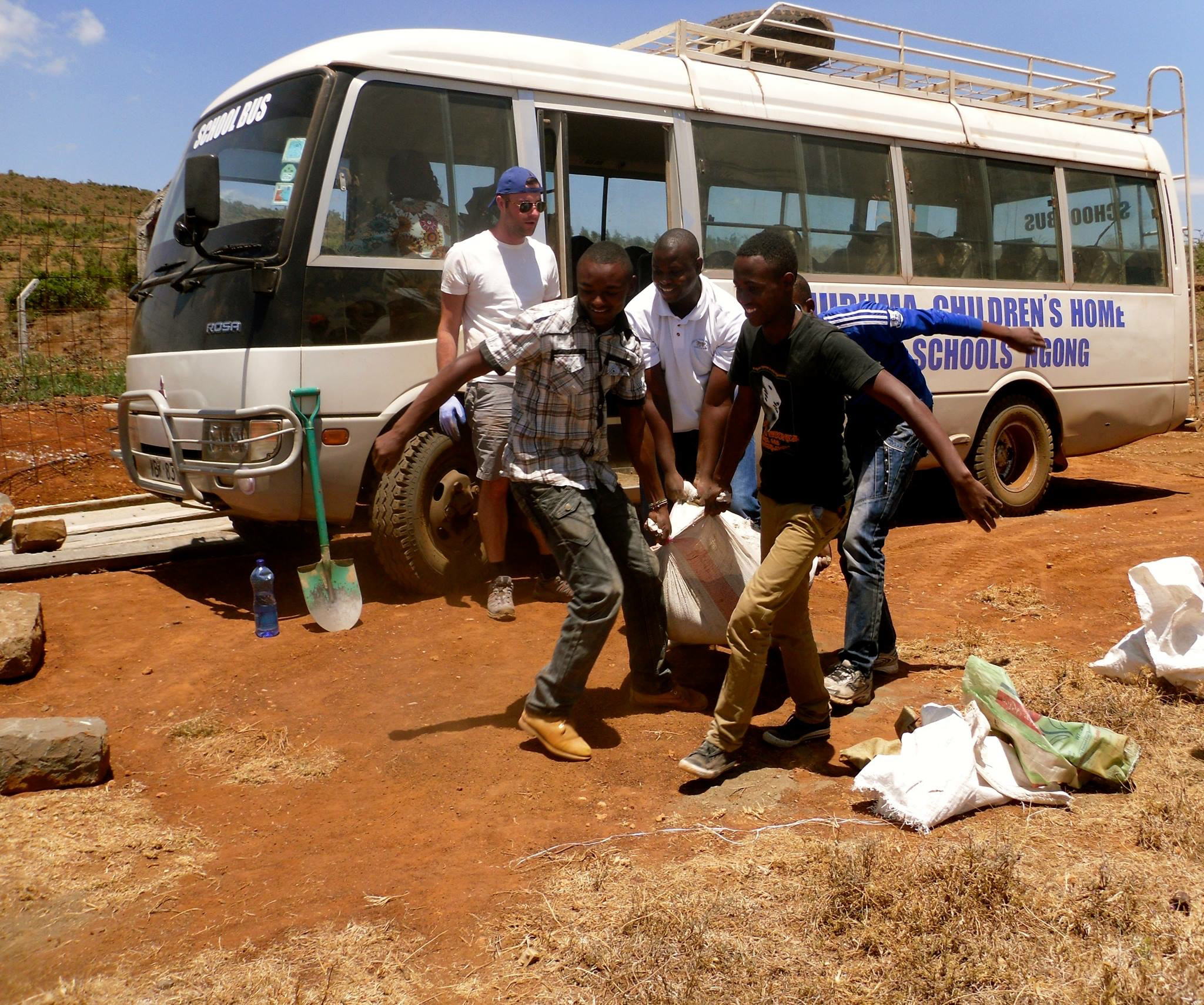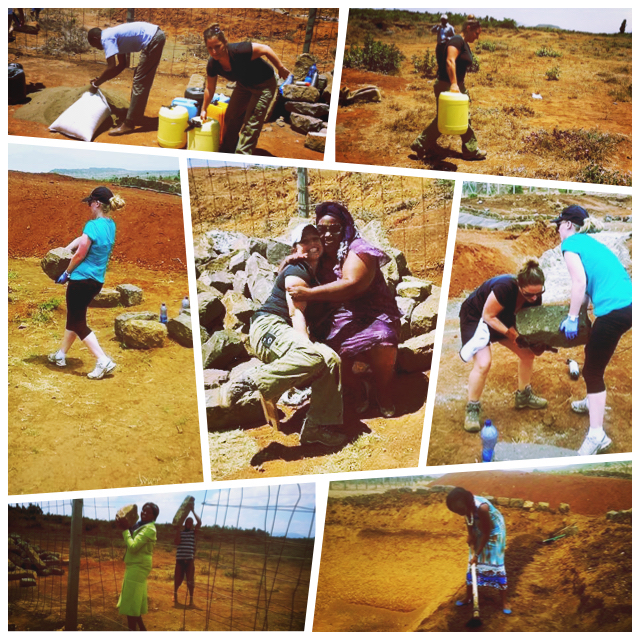Growing Food, Opportunity, and Hope: Gatune Farm & Huruma Children’s Home Updates
Since December 2023, Gatune Farm in Ngong, Kenya, has been a beacon of growth, not only in acres cultivated but in lives transformed. With five acres of land under cultivation and an efficient irrigation system in place, the farm has been providing fresh vegetables to 450 students at Huruma Children’s Home since August 2024.
Exciting things are happening at Gatune Farm in Ngong, Kenya, made possible by your incredible support. From feeding students to transforming lives and landscapes, here’s a glimpse into the progress:
Transformative Infrastructure Updates
This year, we’ve made significant strides in building the foundation for long-term impact:
On-site water is now available, and electricity is on the way!
A Kenyan agency is planting hundreds of fruit trees around the farm to serve as both a natural barrier and a nutrition source for students.
A $7,000 disbursement has kickstarted the educational building project, making the classroom fully functional with essential features such as desks, chairs, internet, laptops, and a projector. This classroom will be a vital resource for 17 Huruma high school graduates in their one-year paid internship at Gatune Farm.
What’s Next?
We’re halfway to our goal of raising $17,500 the education phase, to complete the educational building’s classroom infrastructure and supplies. Following that, we’ll launch a $19,500 agriculture fundraiser to bring:
Drip irrigation systems
A greenhouse
Farming equipment
Support for a full-time farm manager
Looking Forward
The goal is clear: to create a hub where students can learn, grow, and thrive, all while fostering sustainable agriculture.
Your support is turning Gatune Farm into more than just a farm—it’s a place where food, education, and hope flourish. Thank you for being part of this journey! Together, we’re transforming lives and building brighter futures.
Let’s keep growing! Support the next phase of Gatune’s development and be part of this exciting transformation. 🌱
““The Gatune project is transforming lives by providing nutritious meals to over 400 children from its produce, ensuring their well-being and fostering a healthier, brighter community.”
Huruma Children's Home Protein & Composting
In 2012, FMFM helped with funding supplies for gardens at Huruma Childrens Home.
Huruma Children's Home is an orphanage located in the Olkeri Village, near Ngong Town in Kenya. This is, unfortunately, an area of the world where poverty, poor health, HIV/AIDS and massive unemployment are major challenges for citizens - with many children orphaned at young ages, or families that do not have the means to provide and care for them. At Huruma, they care for more than 150 orphaned children ranging from newborn to 18 years of age - providing them with shelter, food and an education. Additionally, they provide an education for 100+ additional children from the local village - which includes a much-needed meal during the day that they otherwise may not receive.
Keeping this many mouths fed on a daily basis is costly. To manage these costs, the children's diets are mostly starch-based, with very little protein or other micronutrients. As a result, the children can have higher rates of malnutrition; stunted physical and cognitive growth; and/or experience reduced energy, immunity and concentration.
our role
With the help of many generous donors and volunteers, we raised more than $4,000 to assist with our project. A group of seven self-funded volunteers traveled to Ngong, Kenya in November 2012 and accomplished the following:
- Purchased 100 chickens to provide eggs and increase Huruma's protein sources
- Built a compost bin and helped the leaders at Huruma to understand how it’ll improve their soil for growing vegetables
- Donated laptops and jump drives to children's University students
- Traveled to Nacchu, the 5-acre lot that was recently gifted to Hurma, and scoped it out for future projects and learned about Mama Zipporah’s vision for the land
- Shared and explained a report on their current soil
the outcome
FMFM knew that with small changes, like introducing protein and vegetables into the children's starch-rich diet, we could make a dramatic effect on cognition and behavior.
We helped Huruma "feed mouths" by providing the means for a more balanced diet; and "fill minds" by providing computers that would enable and further learning.
““I was so impressed by the progress that Mama Zipporah has made since my last trip to Huruma. The garden, greenhouse, use of methane gasses, and the boys new dorm blew me away. Most of all the happiness and joy that I saw in the children inspires me to be a better person and to be more appreciative of the many blessings in my life.”
“I was very impressed by the warmth and hospitality from all the children and staff. The spirit of Huruma is very strong and Mama Zipporah’s vision and energy for all the children is amazing.”
Huruma Children's Home Farm Pond
FMFM's role is to provide Mama Zipporah's team with the financial resources it needs to research, plan and develop an alternative water source: a farm pond.
RAINWATER HARVESTING & SUSTAINABLE FARMING
PROJECT STATUS: BUILD & FUNDRAISING
FUNDS RAISED TO-DATE: $10,000
TOTAL FUNDRAISING GOAL: $15,000
Huruma Children's Home is a children's orphanage located on the undulating slopes of the beautiful Ngong Hills which is about 25km from Nairobi, the capital of Kenya in East Africa. This is, unfortunately, also a relatively poor area where most people have to struggle every day to make ends meet. Poverty, poor health, HIV/AIDS and massive unemployment are the main challenges people meet. Many children are orphans or live in families that are not able to care for them.
“All of the households around here walk about 17 kilometers (10 miles) each way to fetch water. For these women and children, it takes like the whole day just to fetch water. They don’t have time to concentrate on other issues that would uplift their standard of living. ”
During a recent visit to Kenya, the FMFM team learned that the children's home founder, Mama Zipporah, was gifted a plot of land in the community of Ndeiya.
FMFM worked with Mama Zipporha to create a vision for the land's future - sustainable farming. This would provide the children of Huruma with a reliable and cost-effective food source. But farming requires water. And the land is located near the Great Rift Valley - an area so dry that digging a well was not an option.
OUR ROLE
FMFM's role is to provide Mama Zipporah's team with the financial resources it needs to research, plan and develop an alternative water source: a farm pond.
Project funding covers the cost of the following:
Excavation of the 120-square meters of farm pond (completed)
Construction of silt trap and other masonry works (completed)
Dam liner, ultraviolet resistance plastic (completed)
Metallic roofing structure (fundraising)
Shade-net roofing material (fundraising)
Establishment of drip irrigation systems (fundraising)
Technical support and training (ongoing)
Provisional for survey and design (ongoing)
Additionally, FMFM volunteers from the United States traveled to the farm plot's land in 2012 and 2015. Our work there included:
Meeting with local engineers and project partners to review project plans, finances and progress
Hauling boulders for farm pond walls
Installation of pond liners
Masonry work on farm pond walls
“This project will cut the cost of food production. It will also provide an opportunity for our kids to learn about rainwater harvesting. We are raising these children to be productive citizens of our nation. Going forward, this will be a learning center for the entire community. ”
THE OUTCOME
This project affects Huruma Children's Home and the Ndeiya community in several ways.
It will provide the community with broader possibilities for food and water and set an example of access to water in the semi-arid land.
It will allow Mama Zipporah (the orphanage founder) to develop sustainable food systems for feeding her 160+ children.
Over time, it can serve as a catalyst for Ndeiya’s children to have access to food, increase school attendance, and hopefully, break the poverty cycle.
Once the water and food systems are developed, children will not have to turn to medial work to help the family survive. This will also serve as a best practice and collaboration that can be scaled throughout Kenya and other countries
PARTNERS
“On behalf of Huruma Trust Fund, and Mama Zipporah, I would like to say thank you so, so much. The community has been very, very impressed. They are saying that a bright star has come to our community, and suddenly, everything seems to be opening up.”









